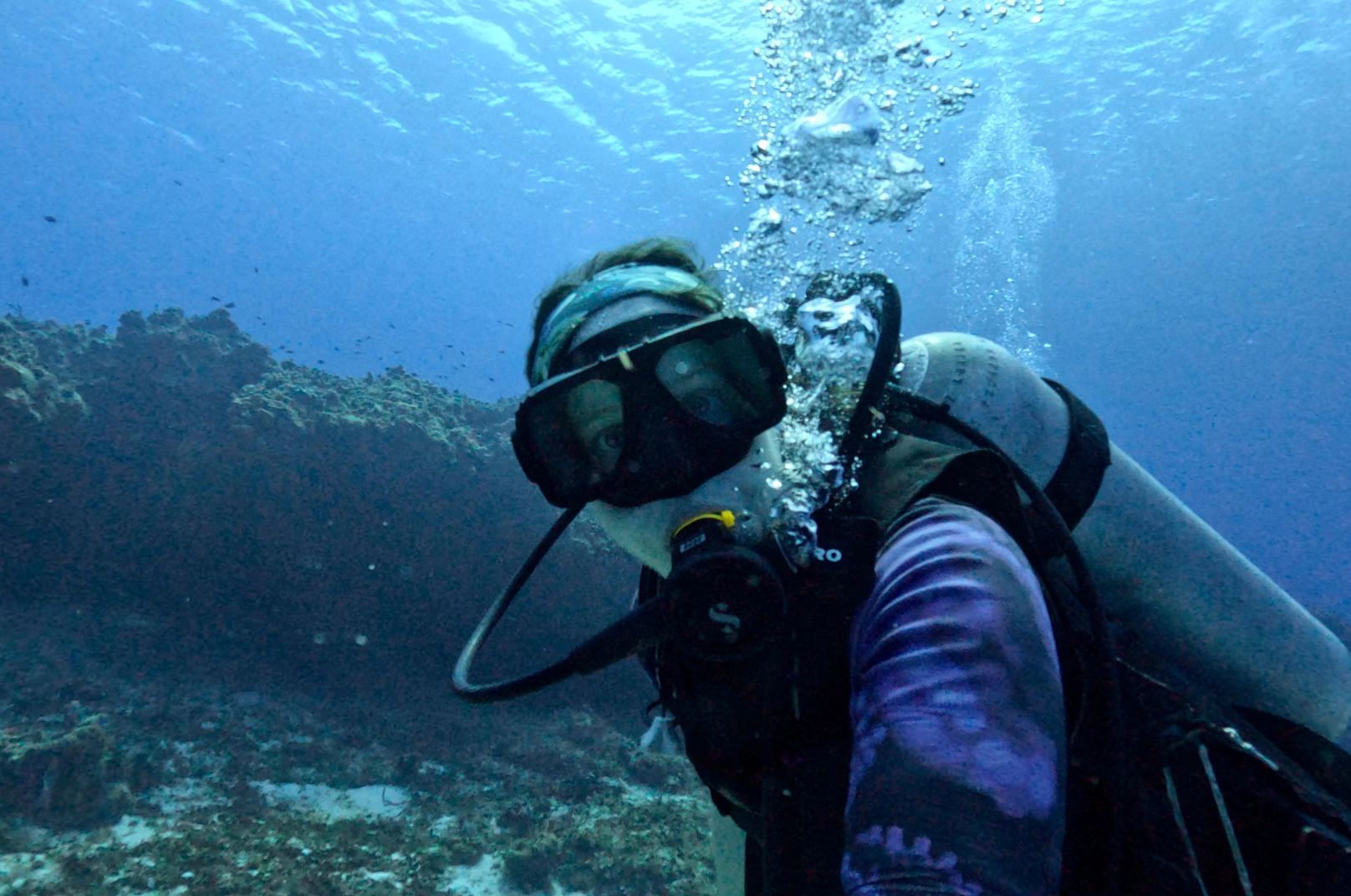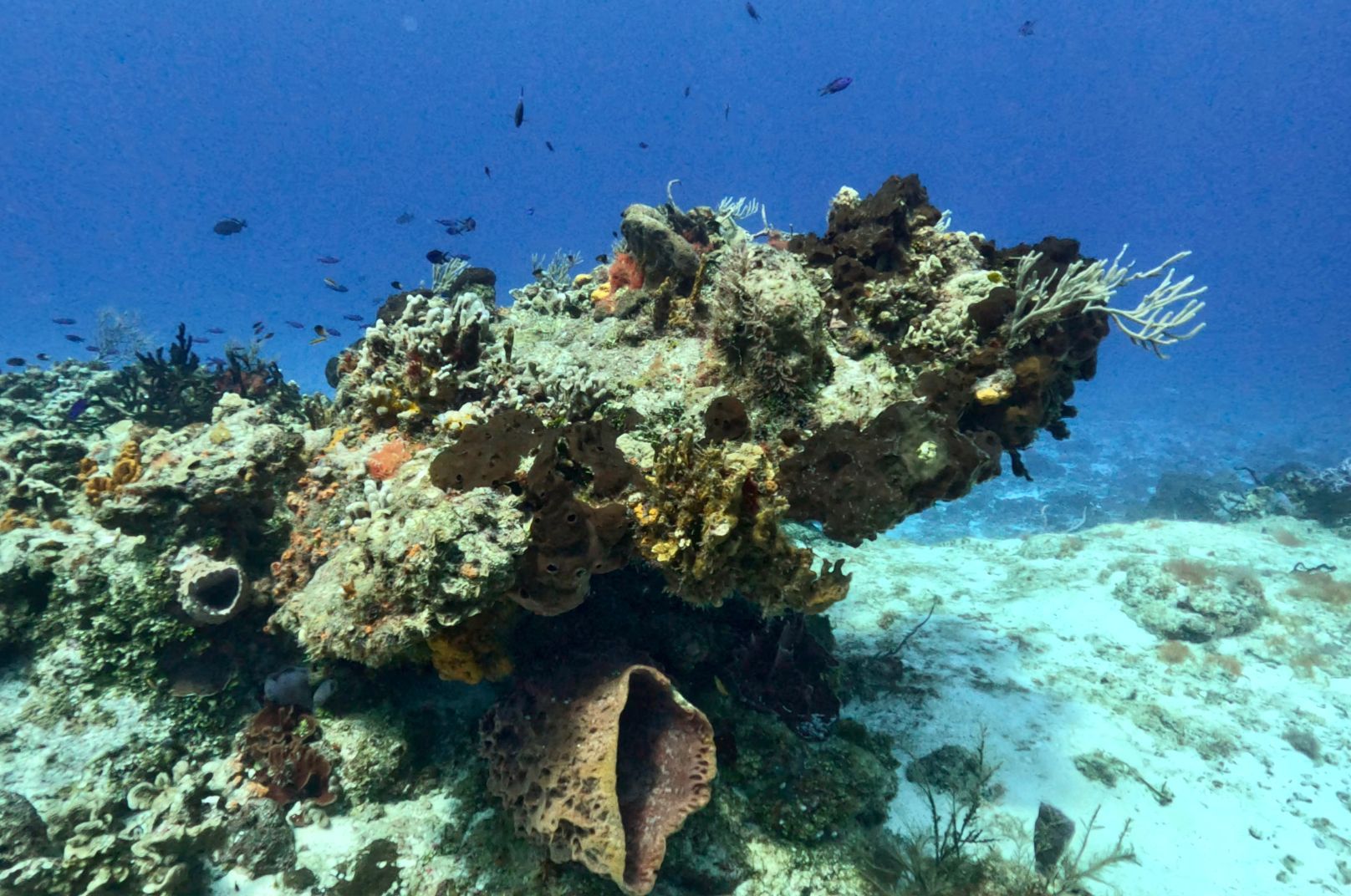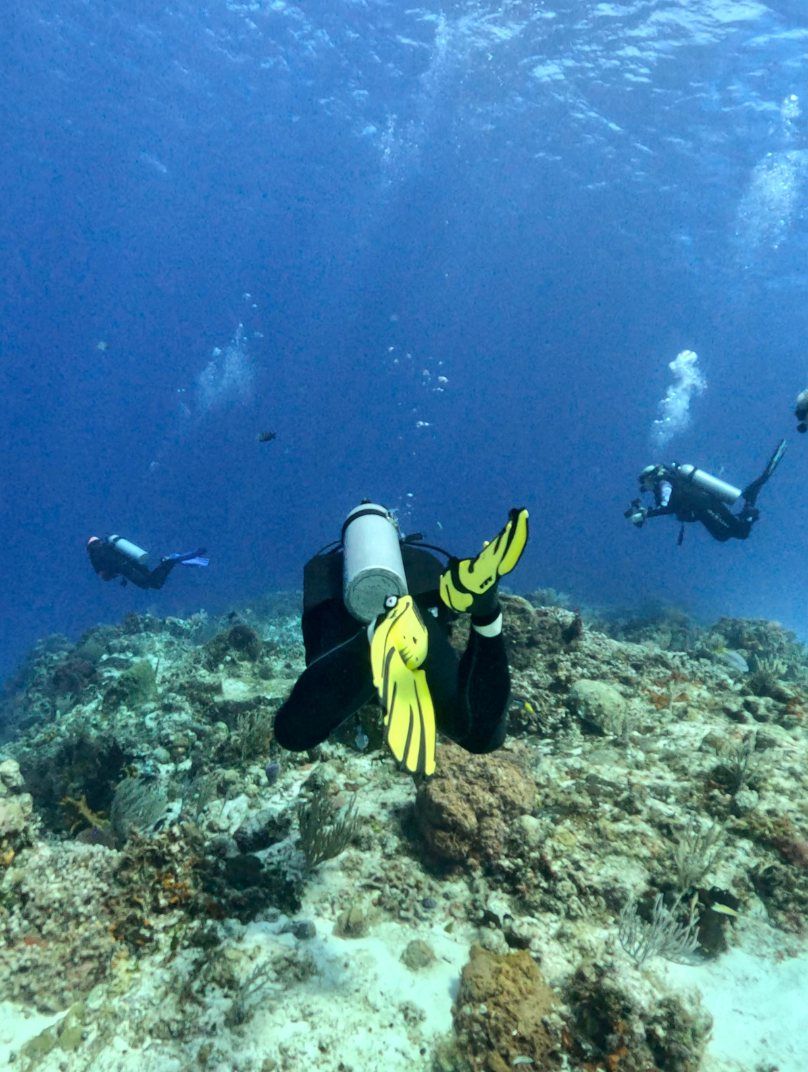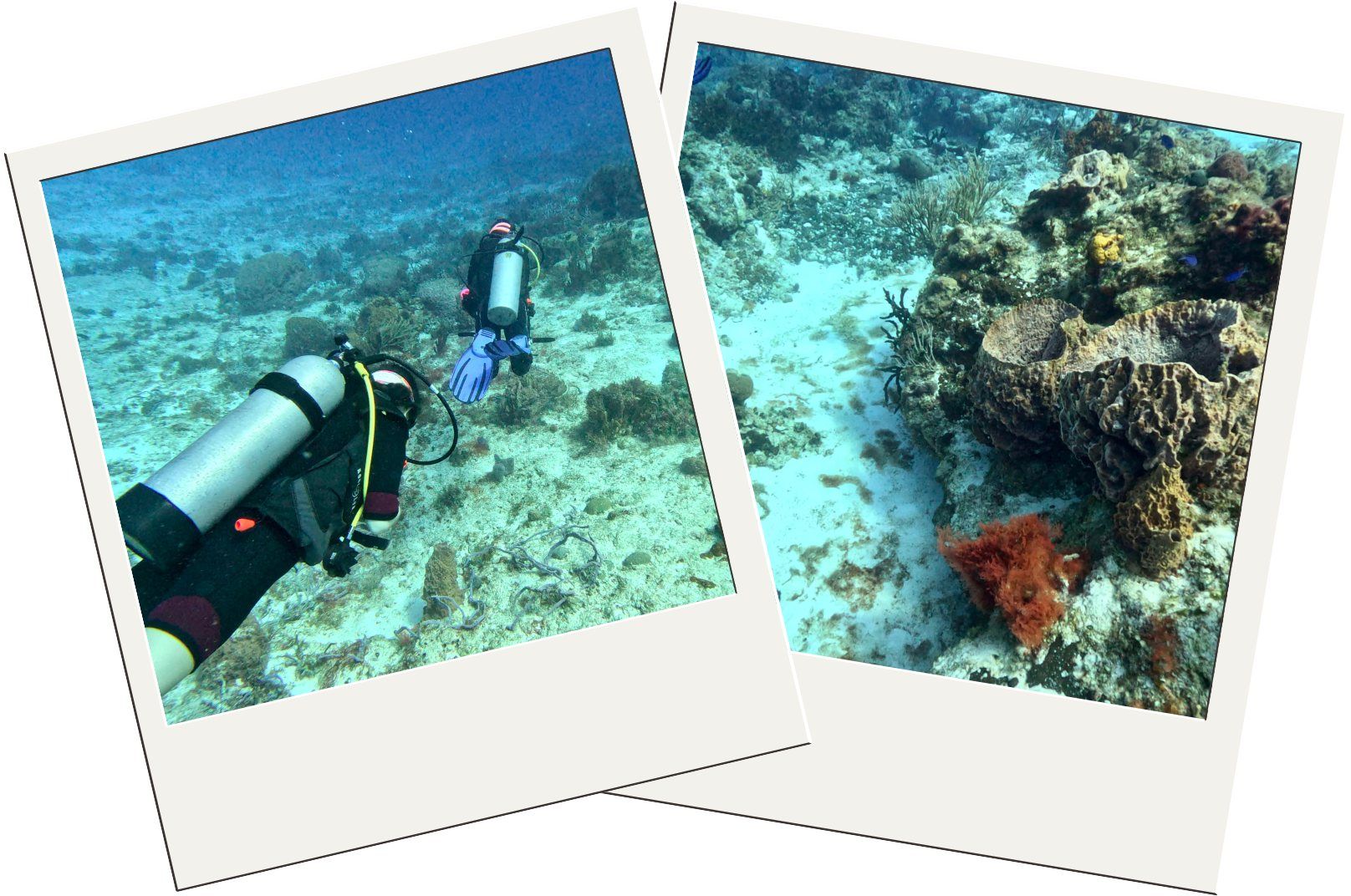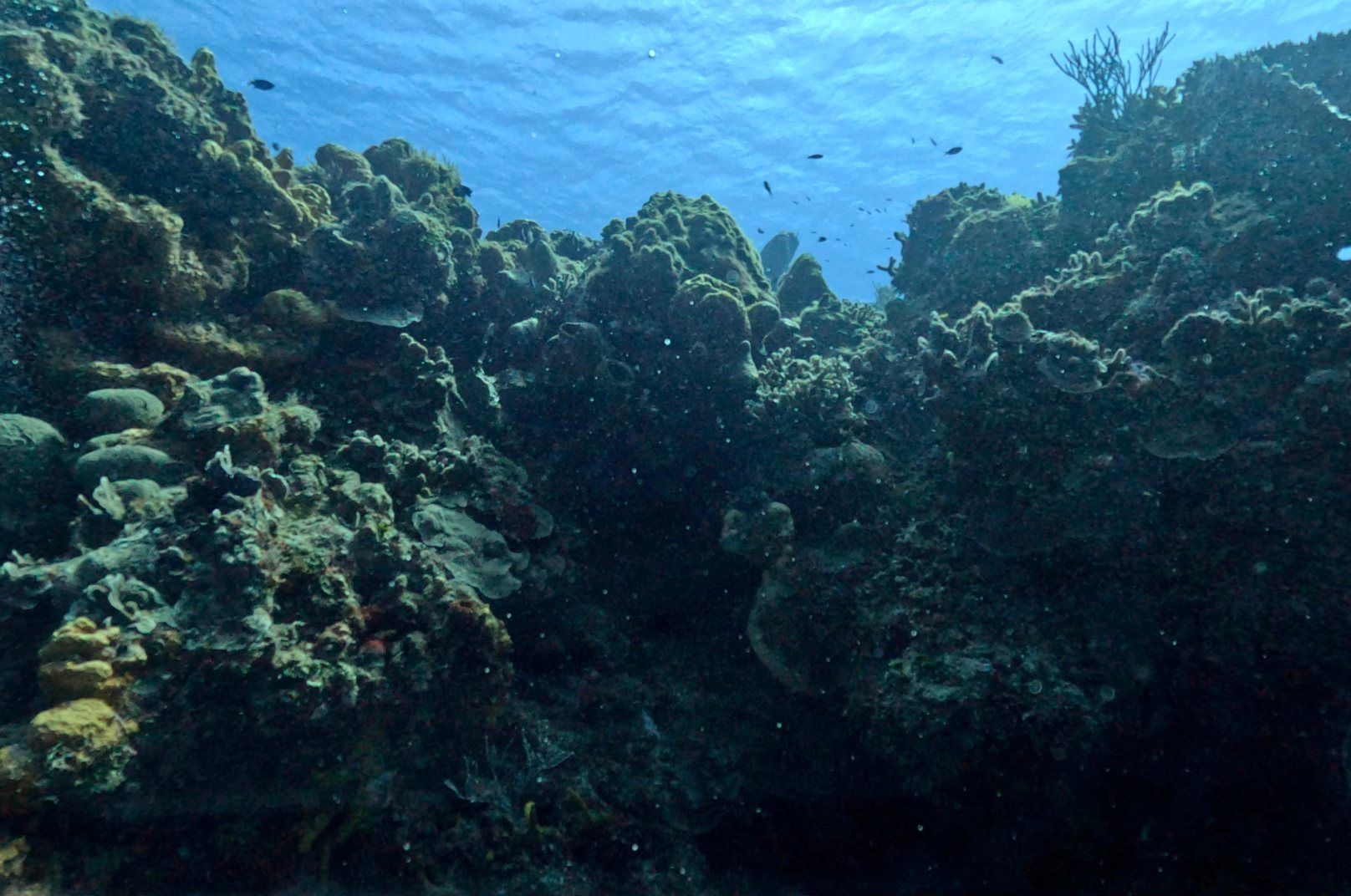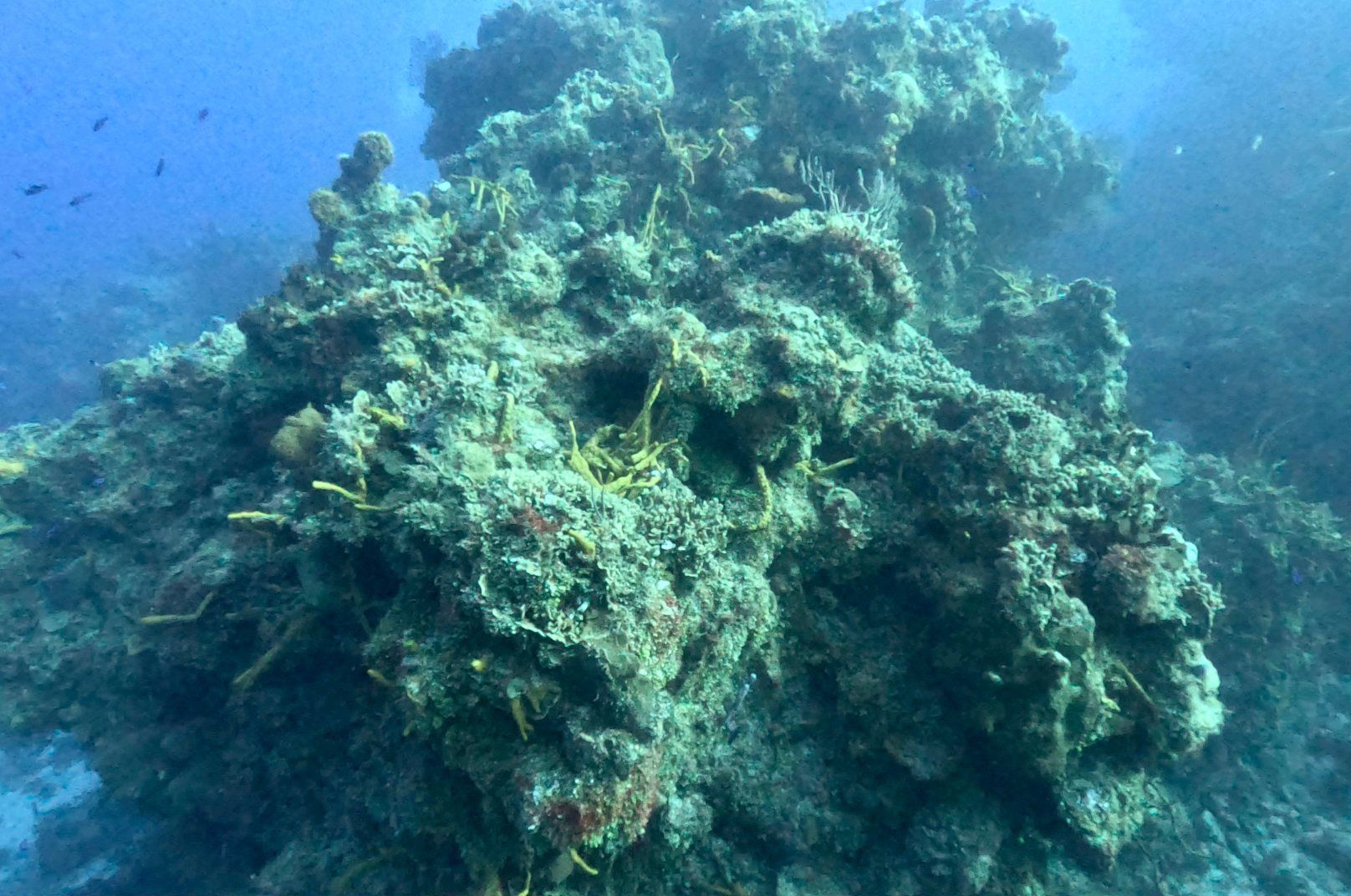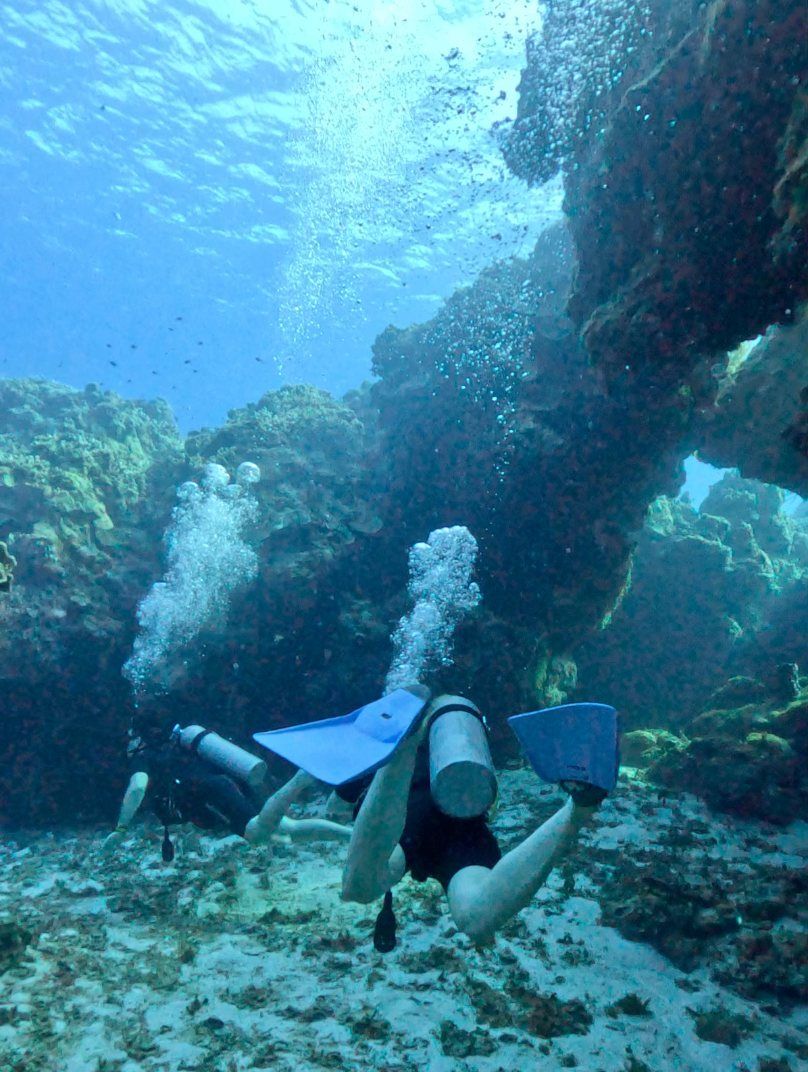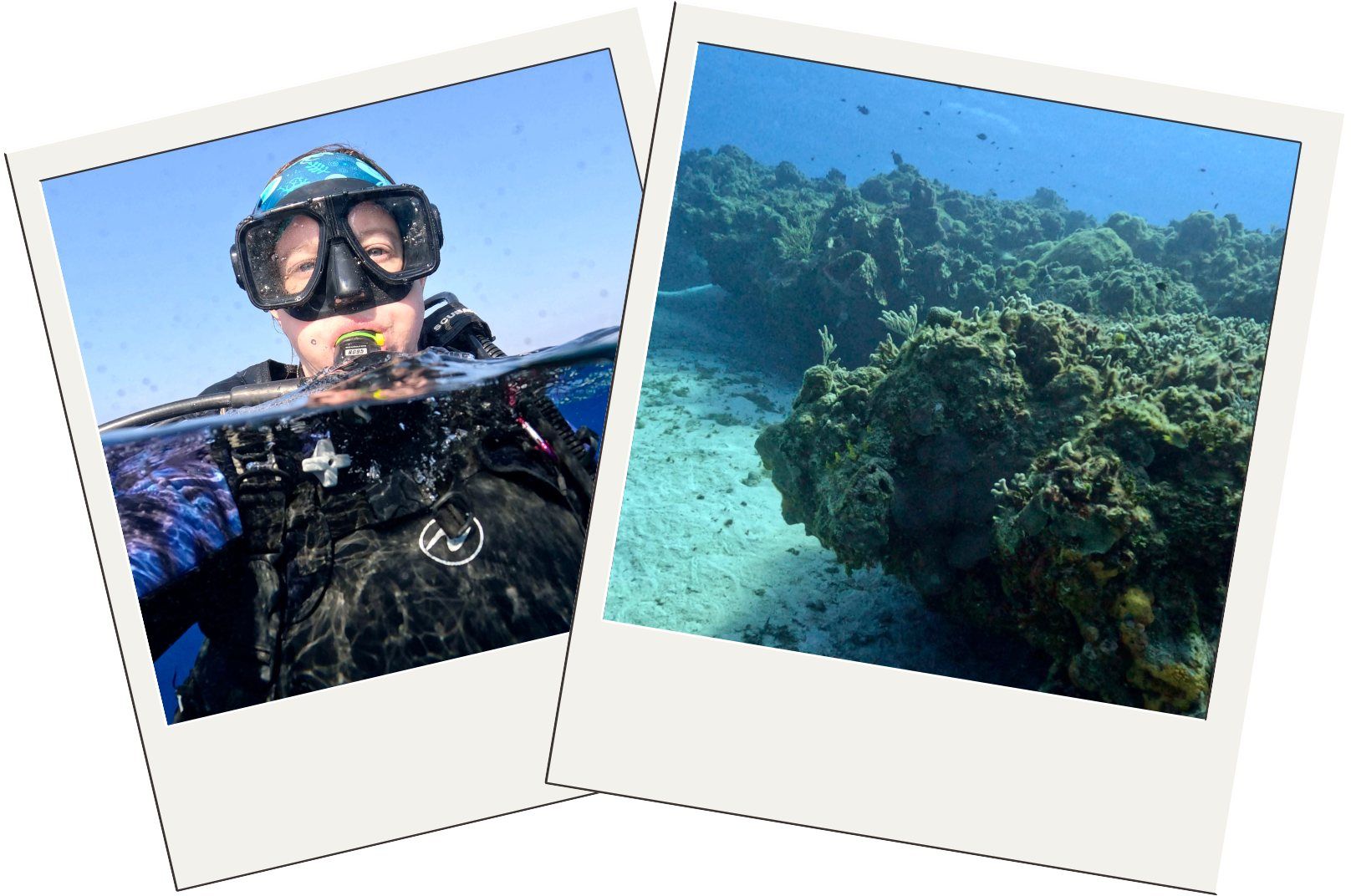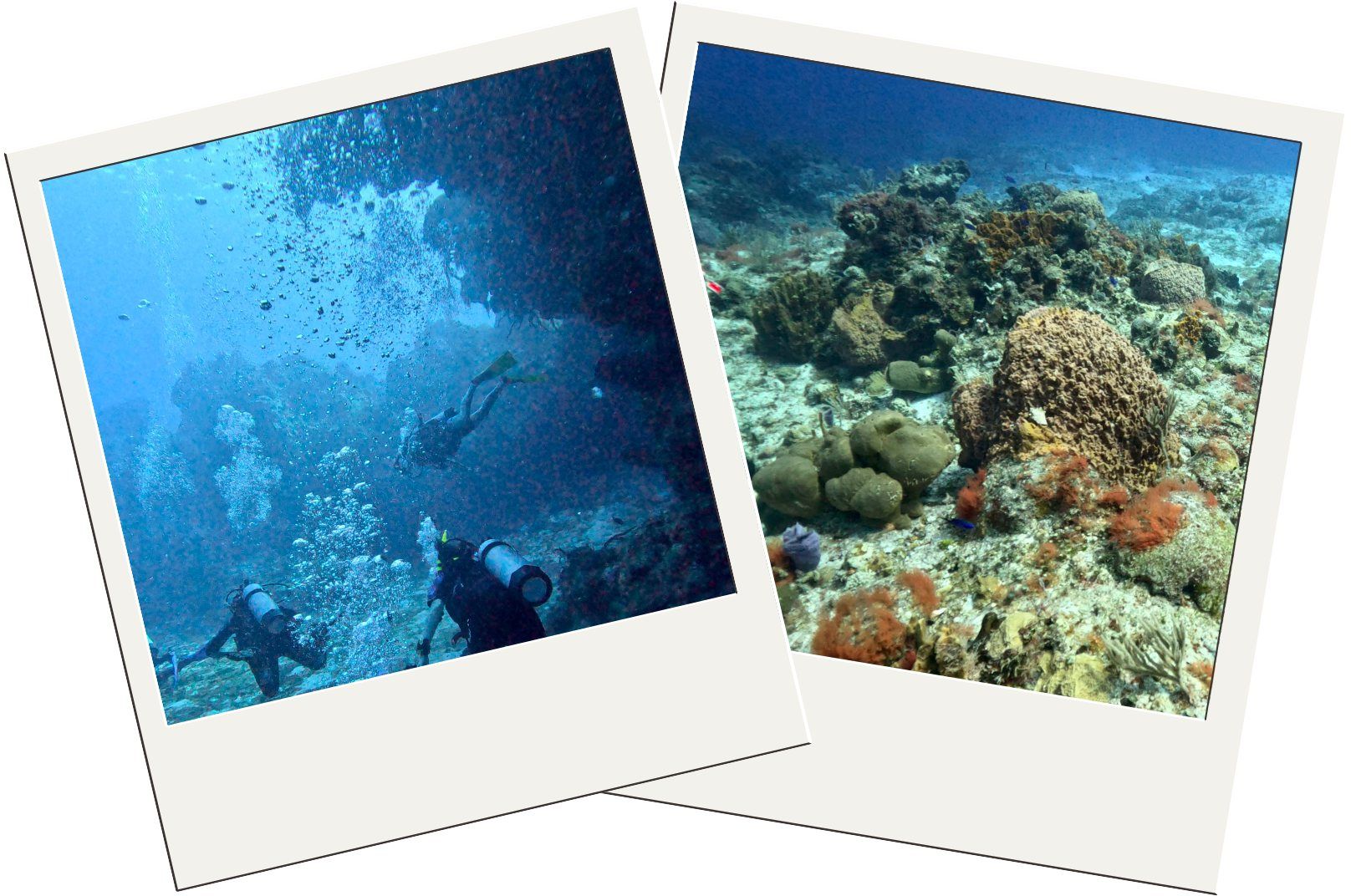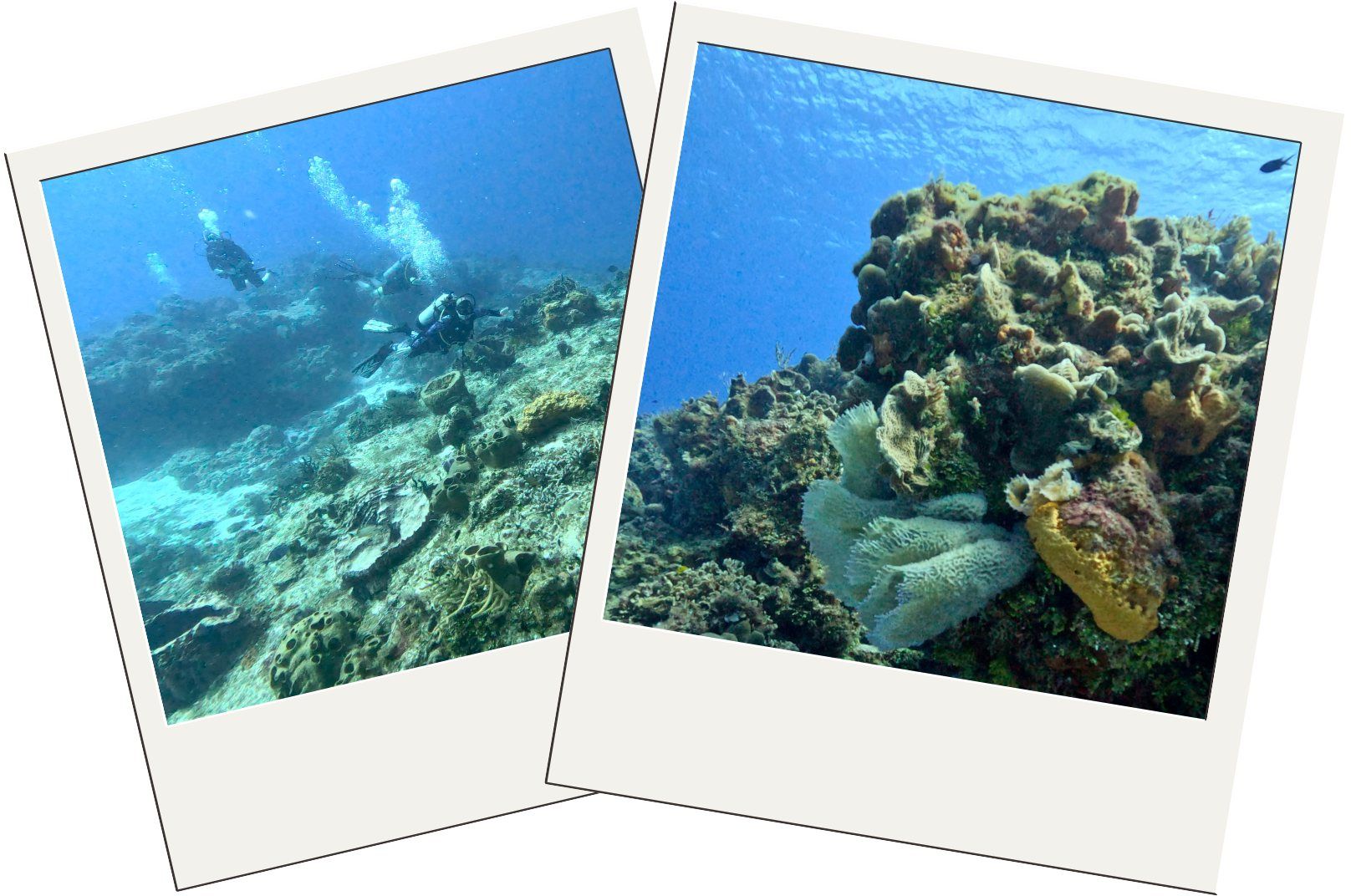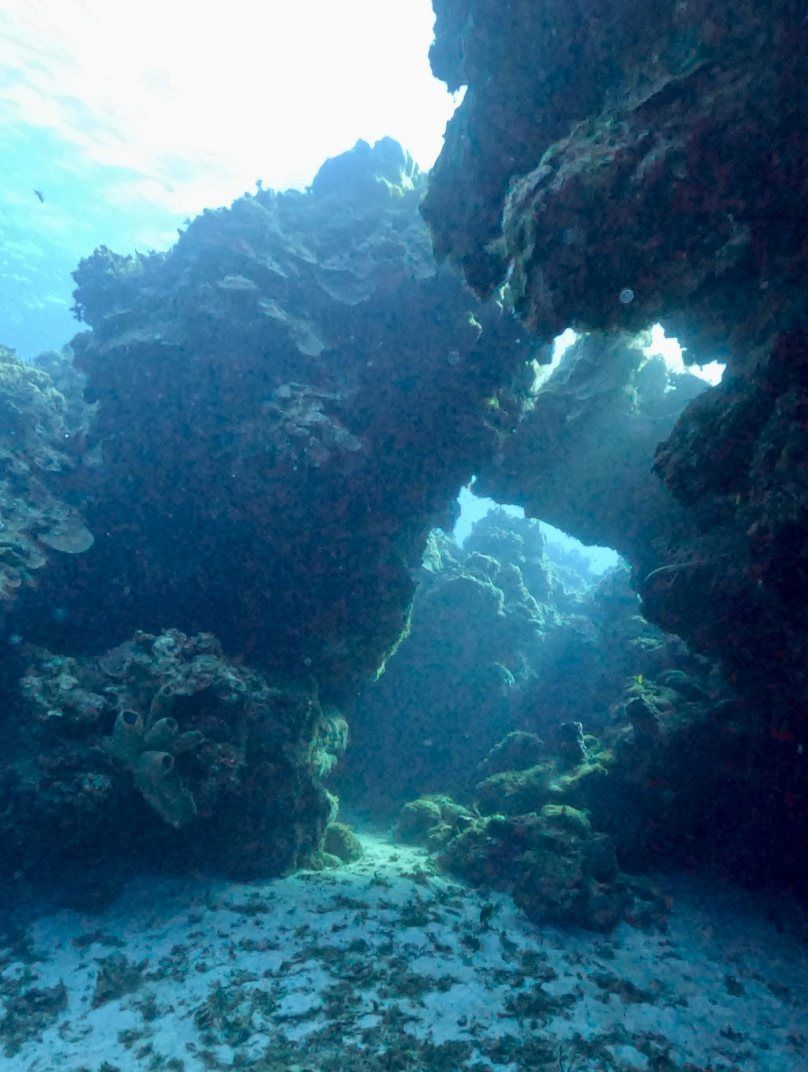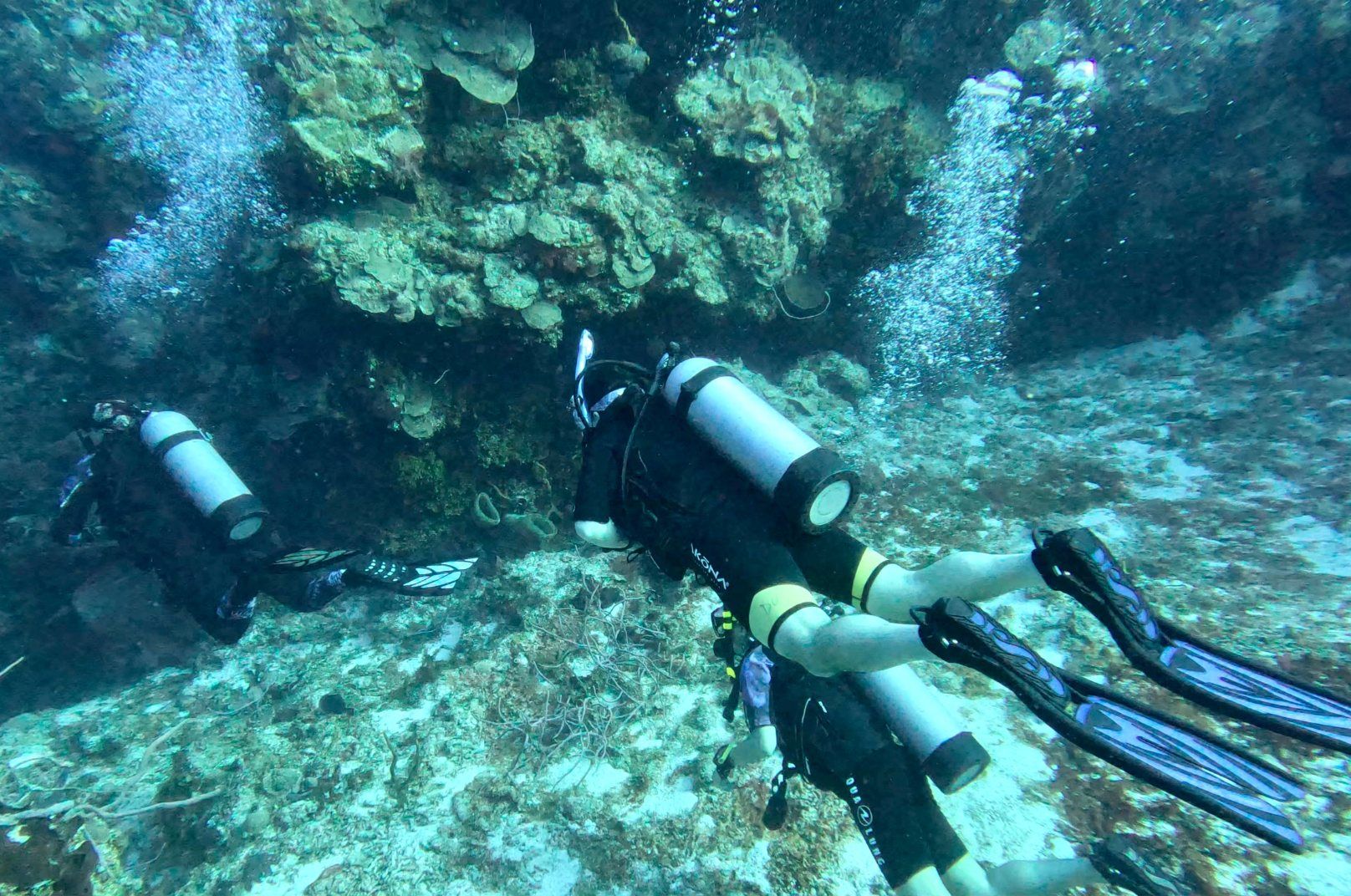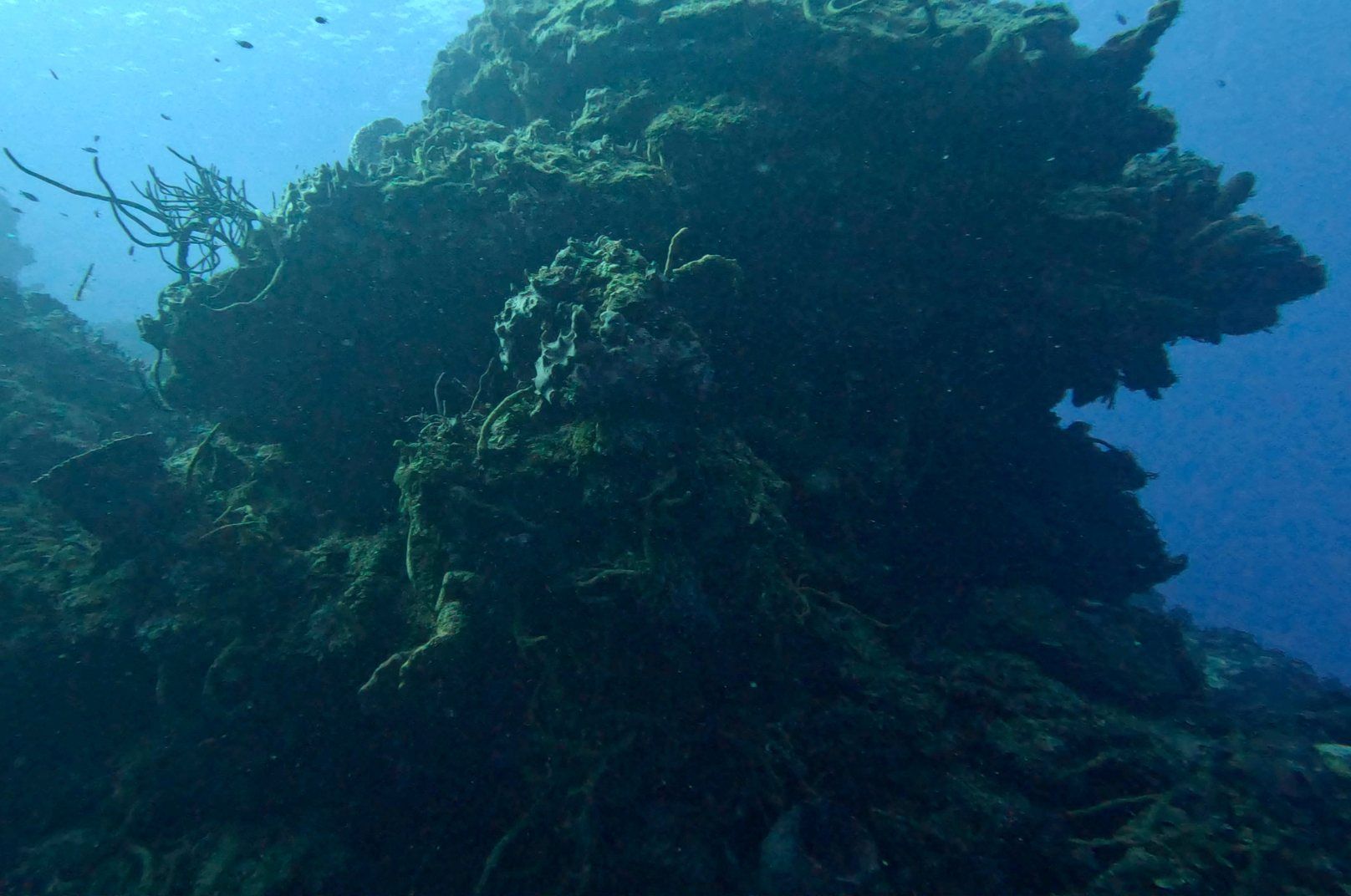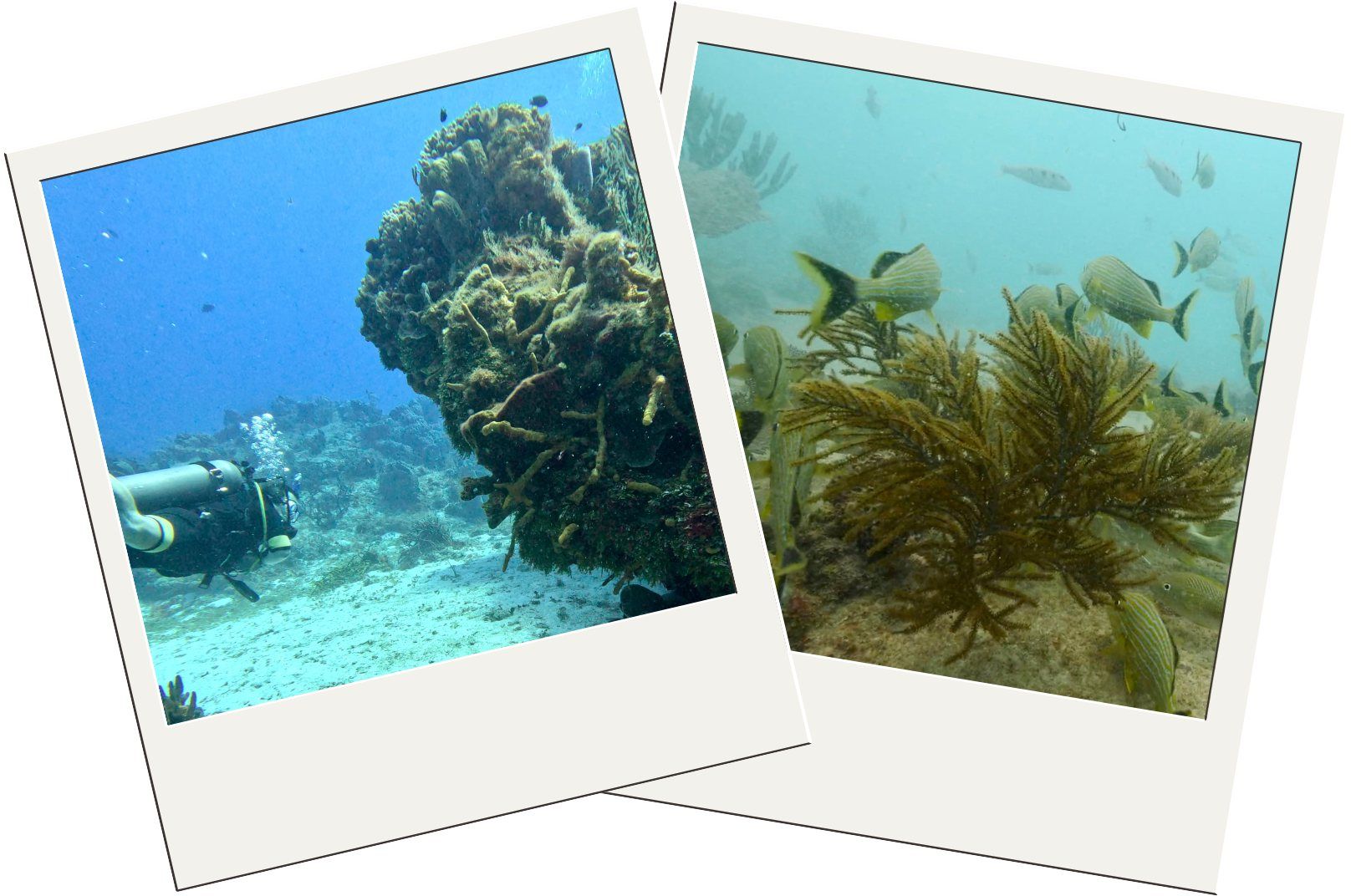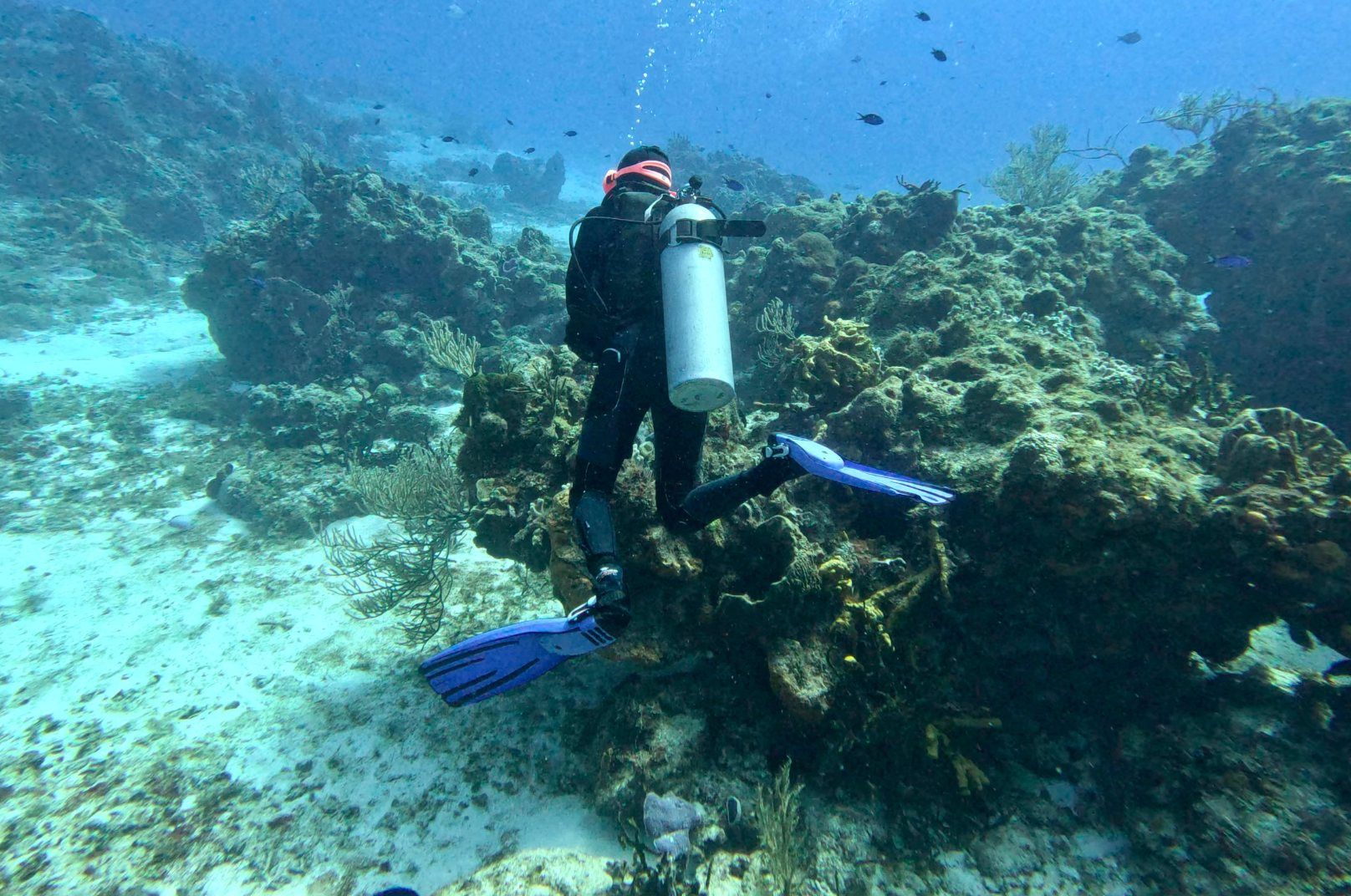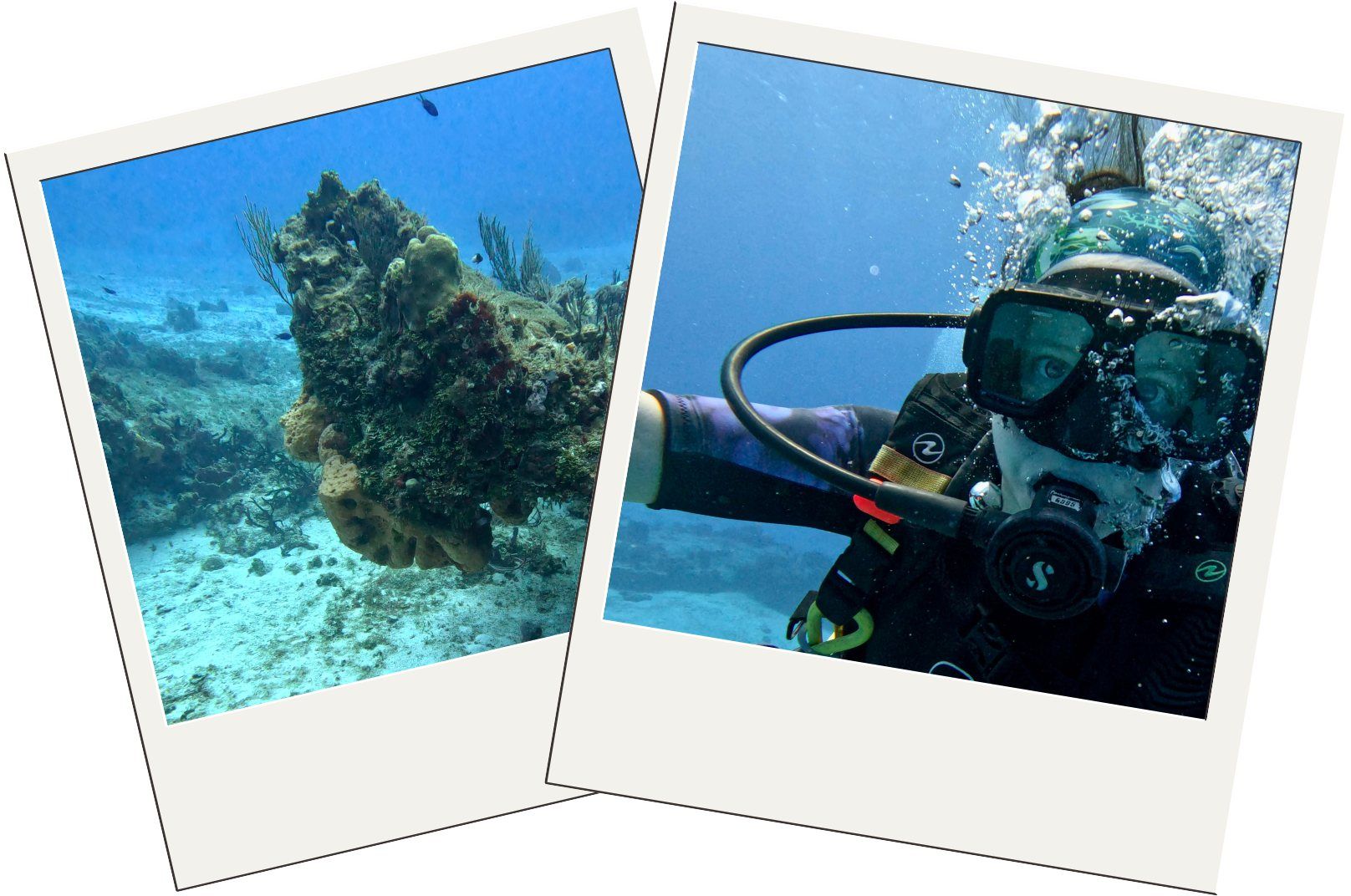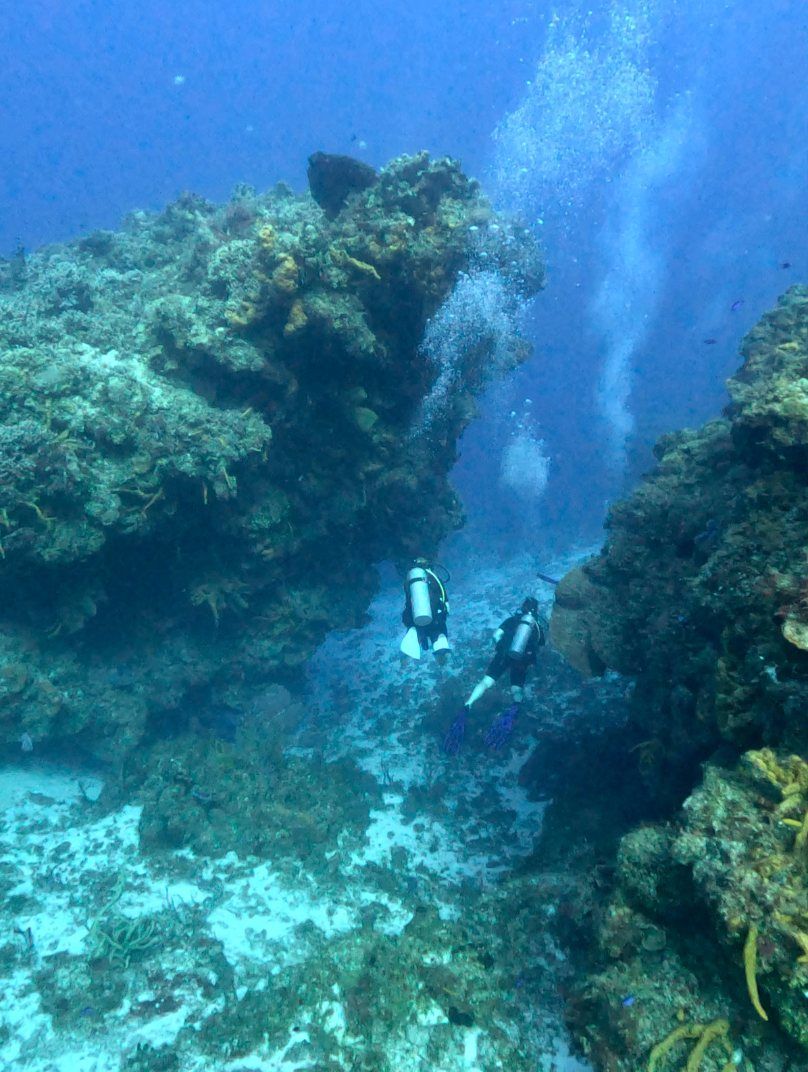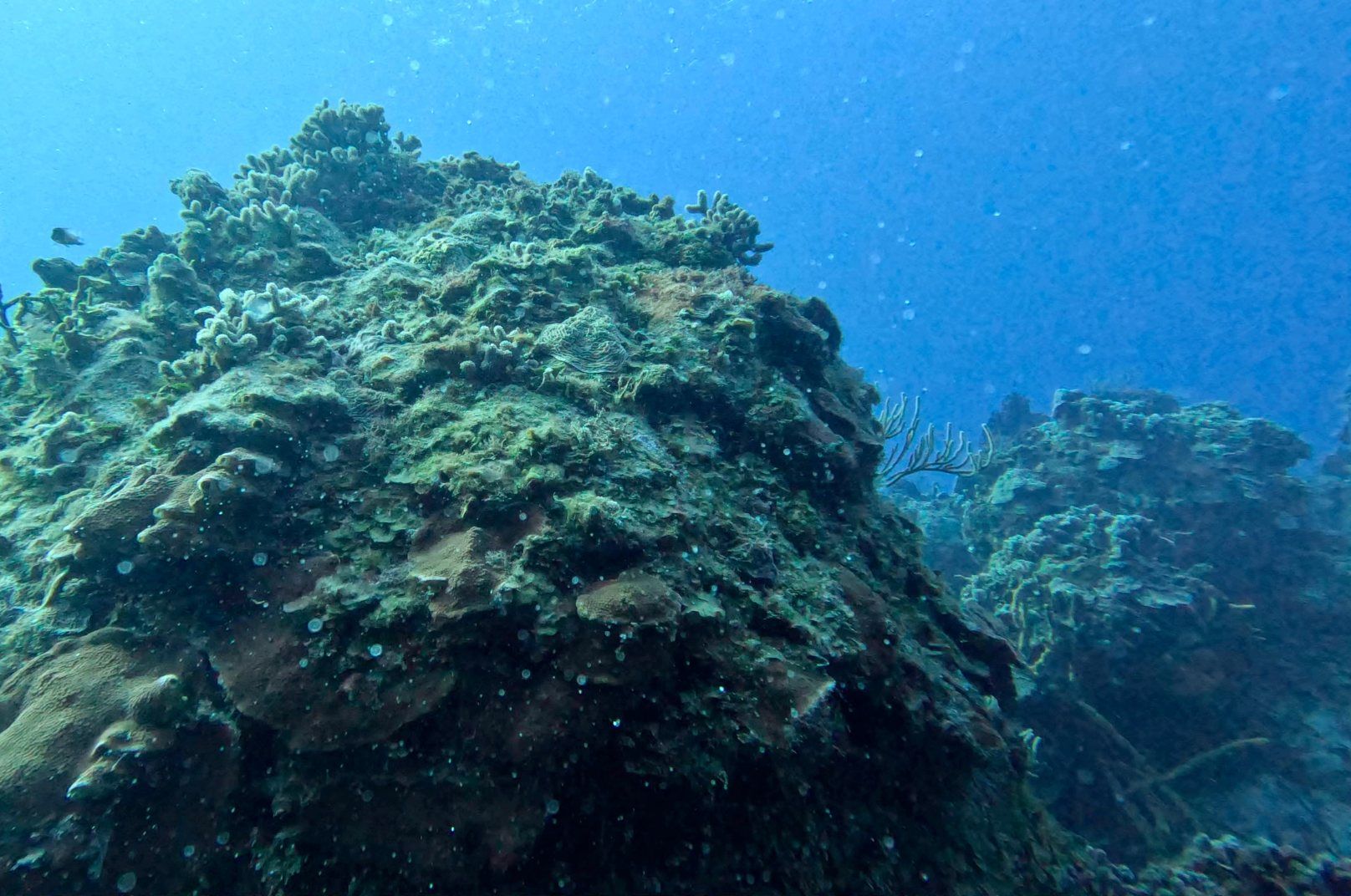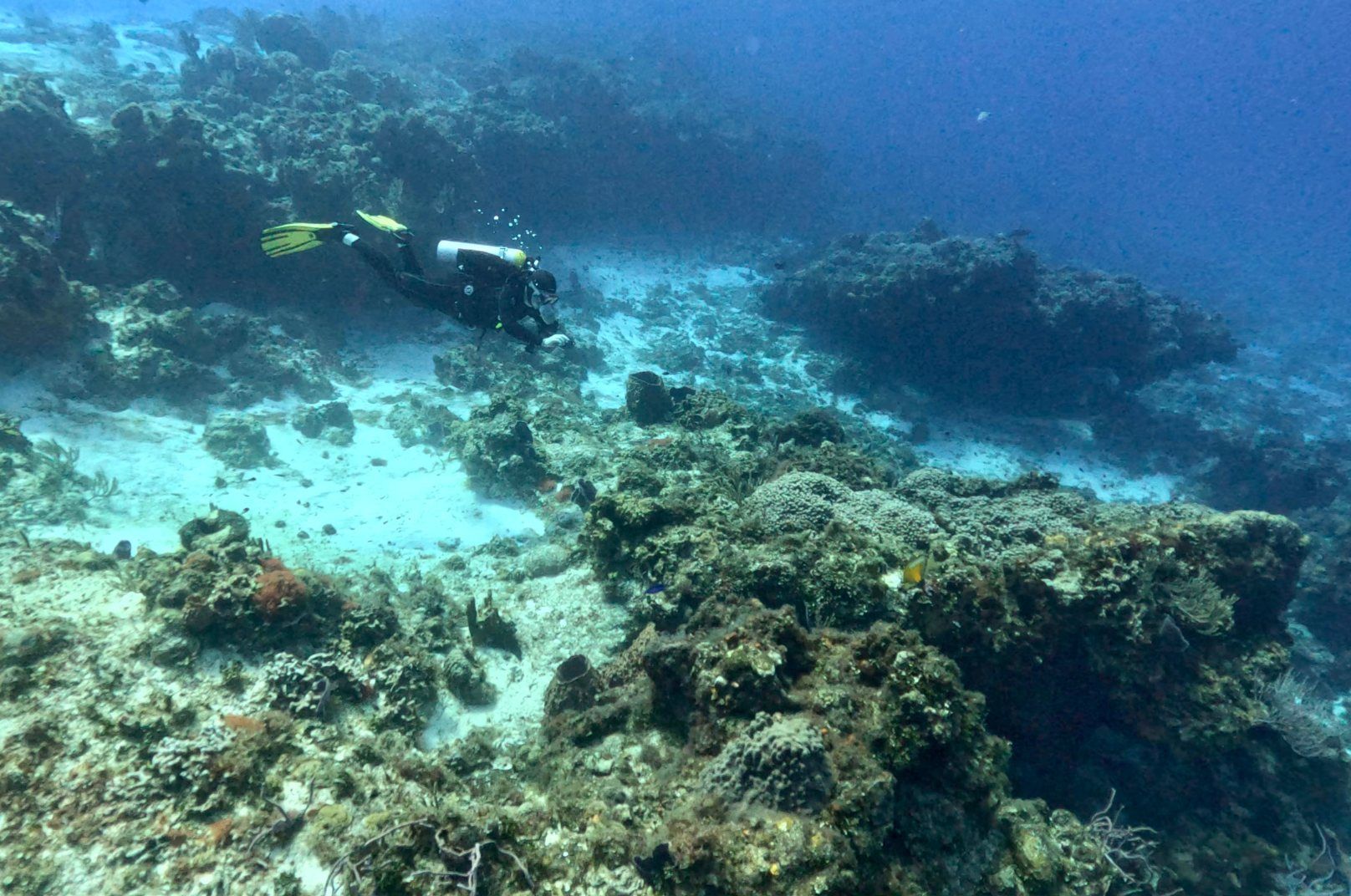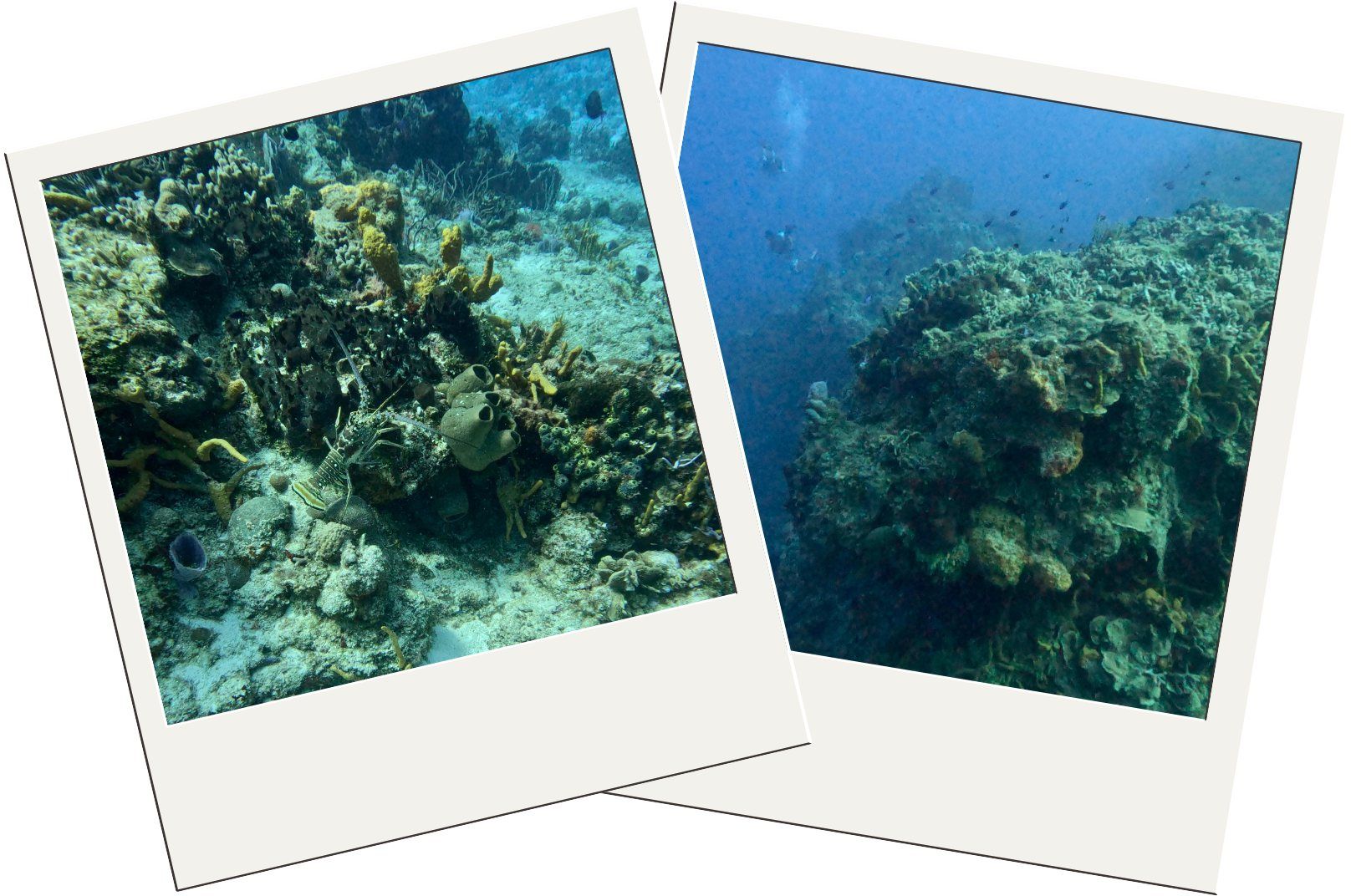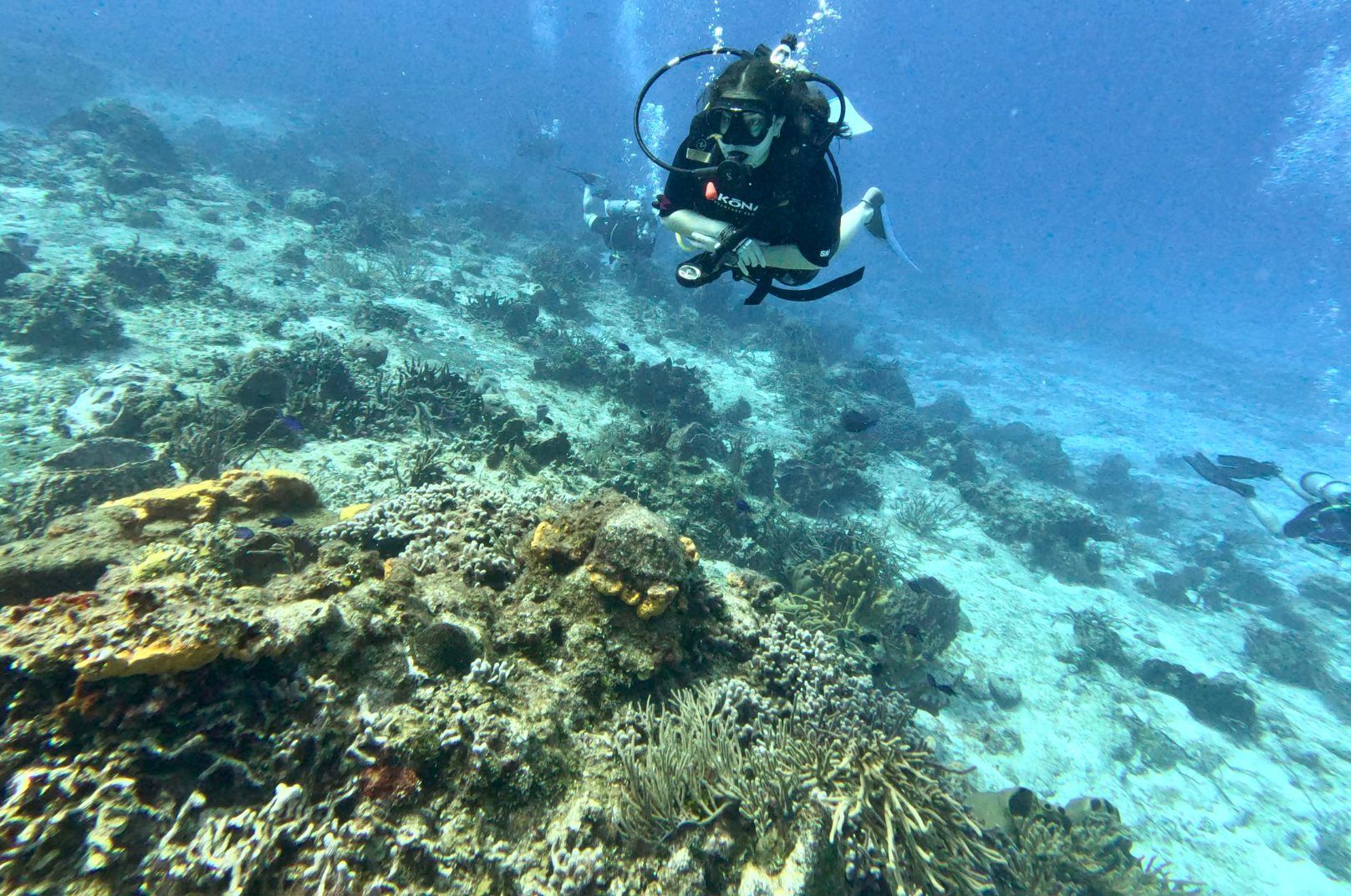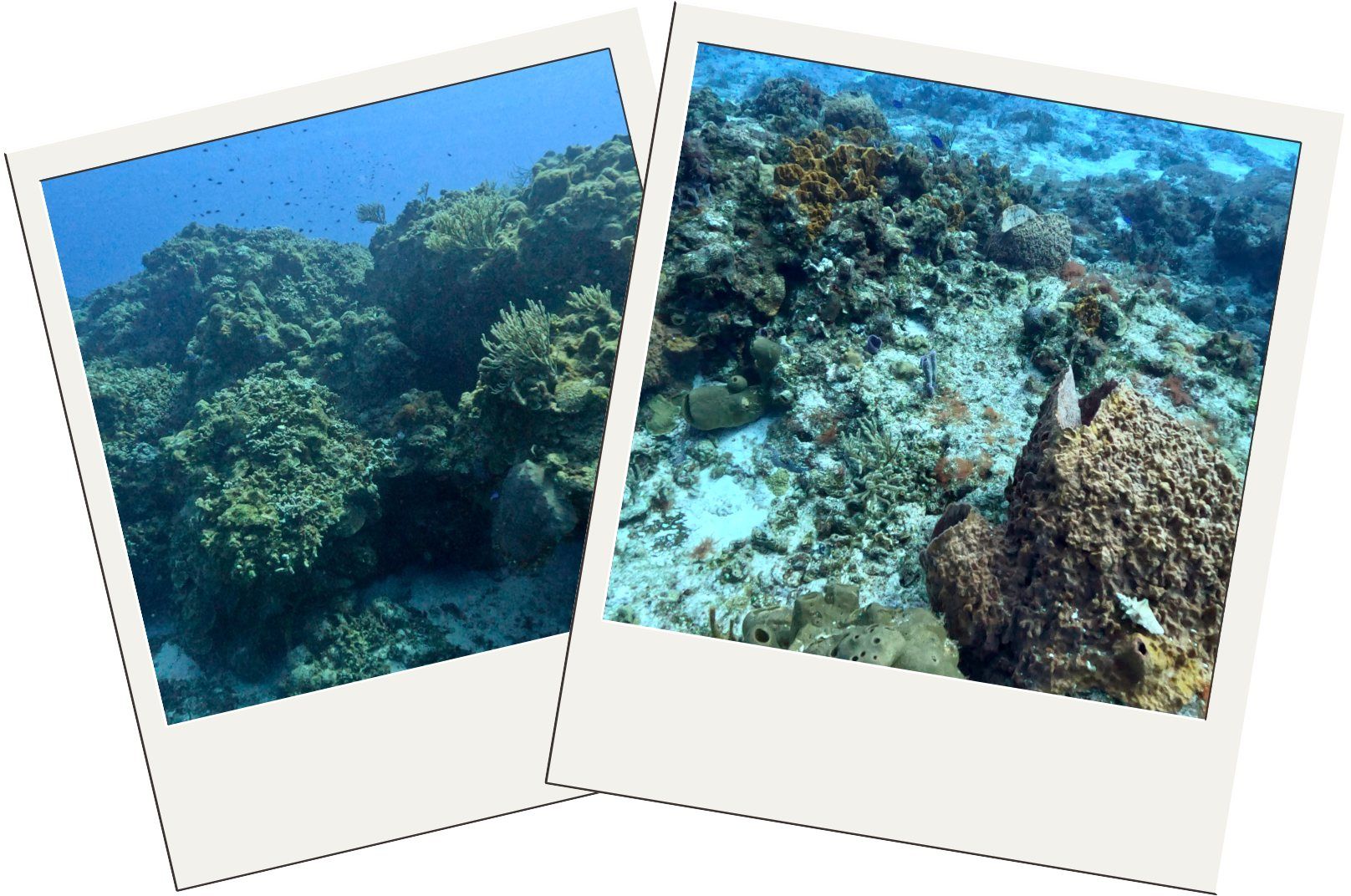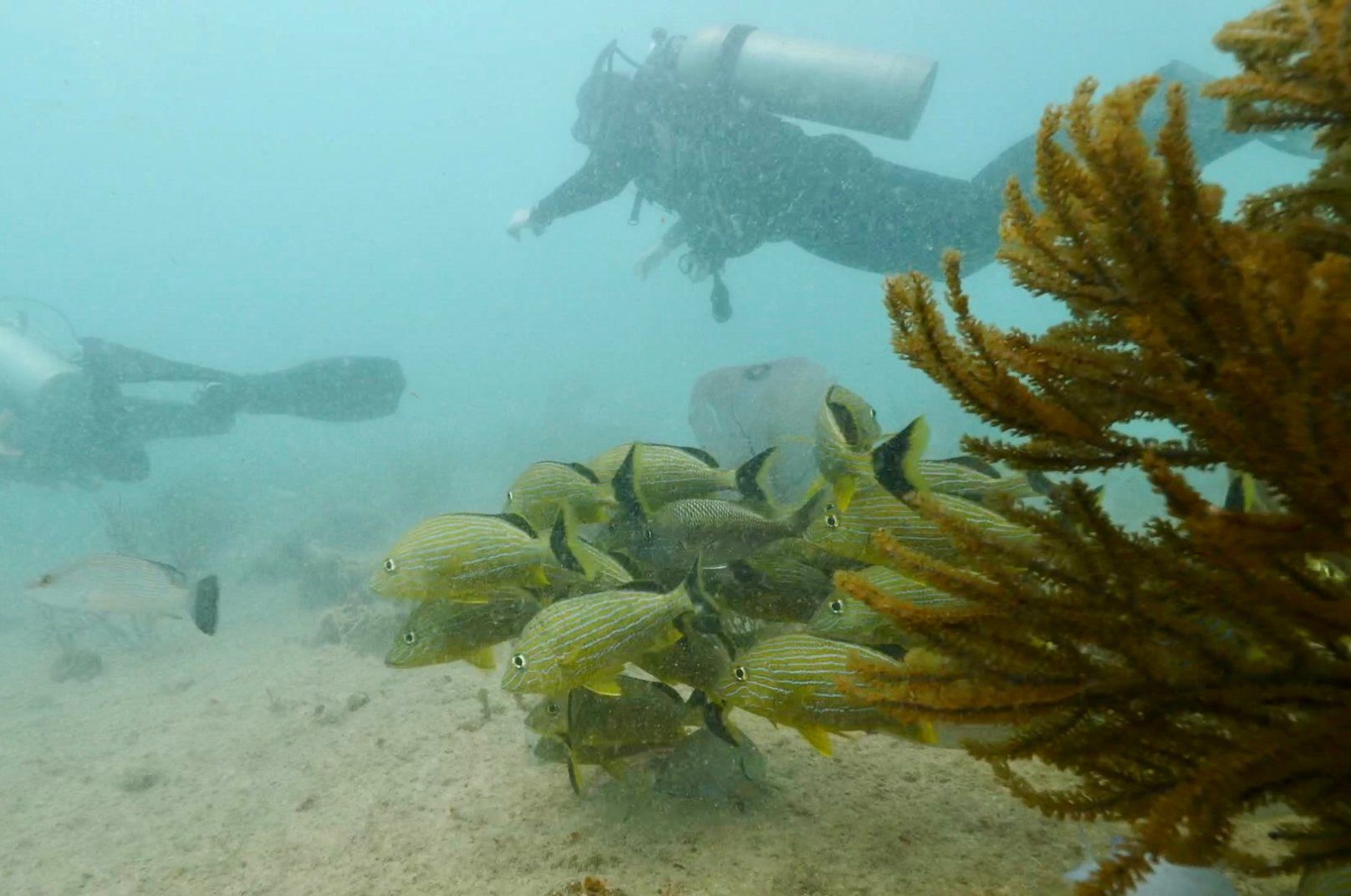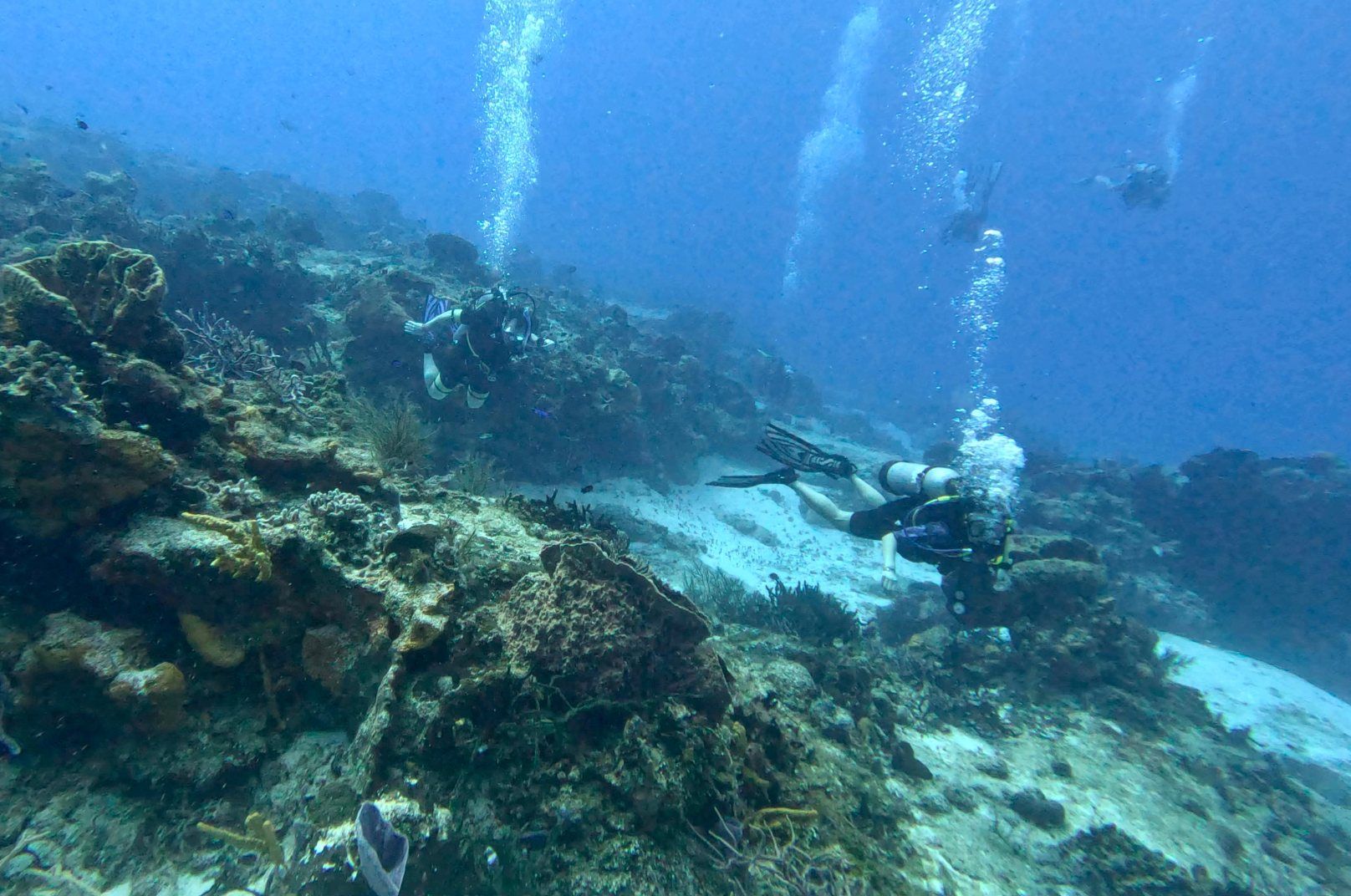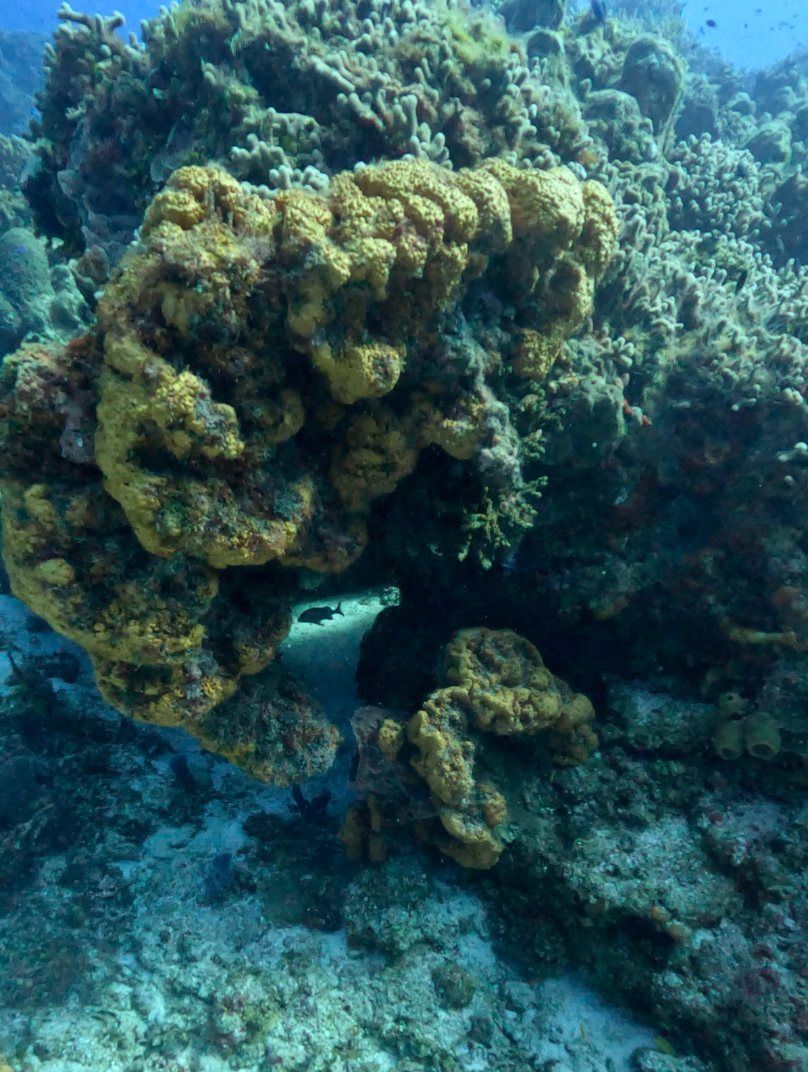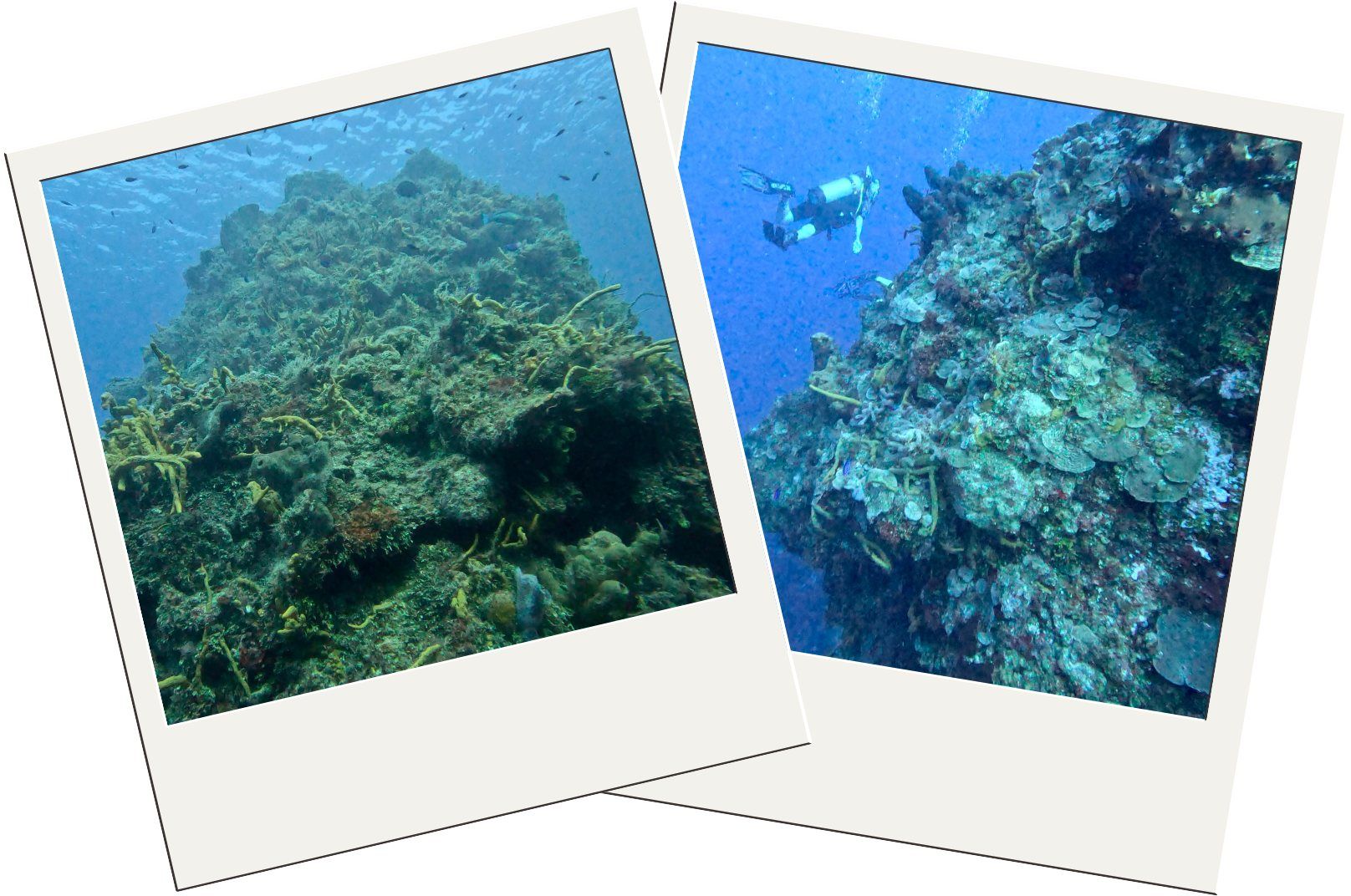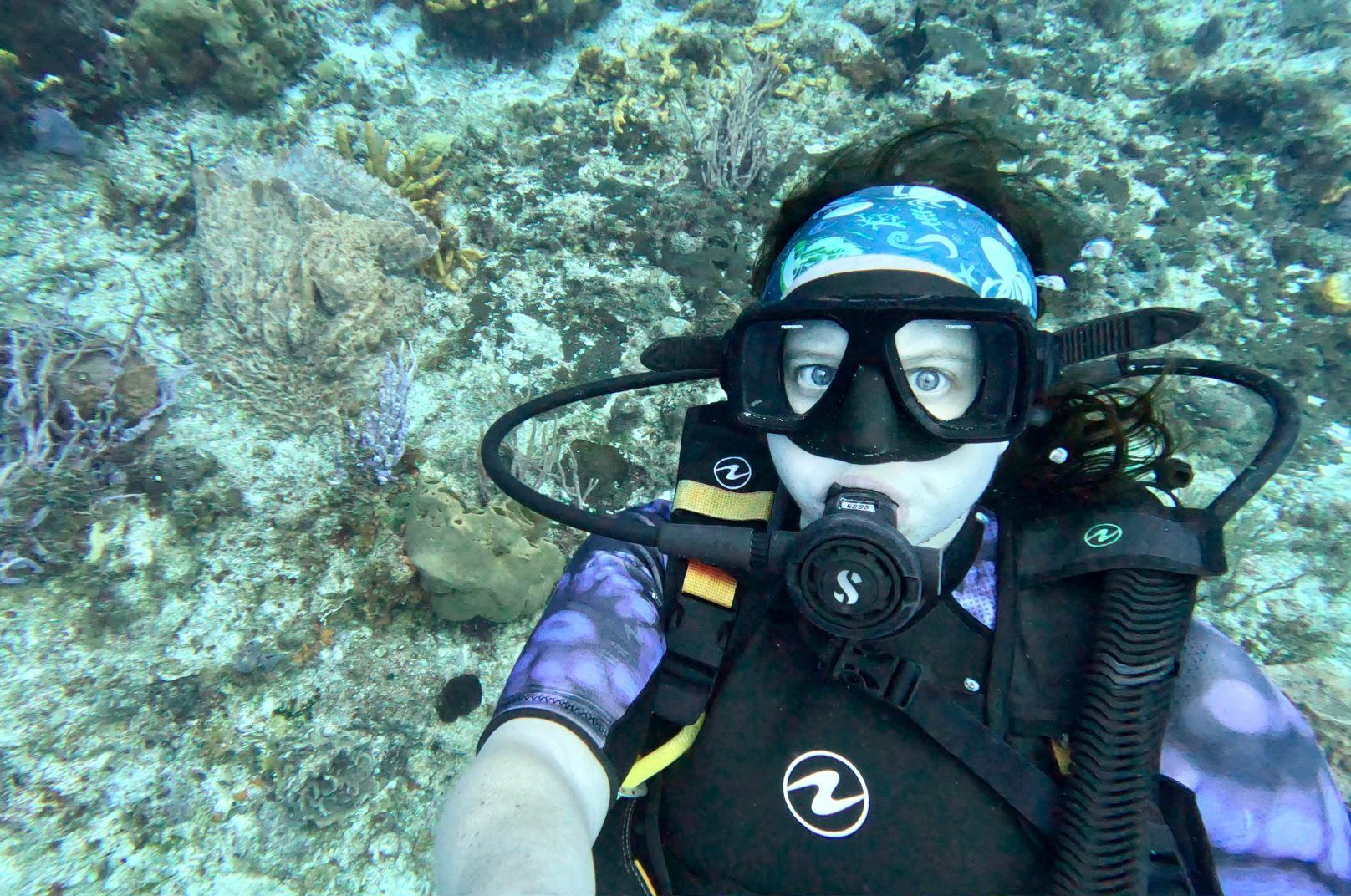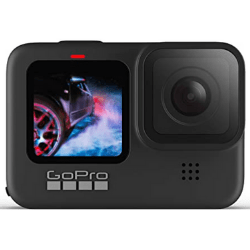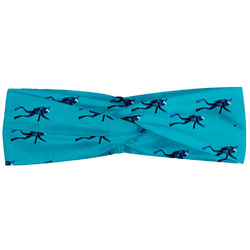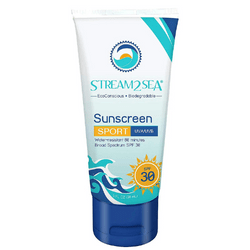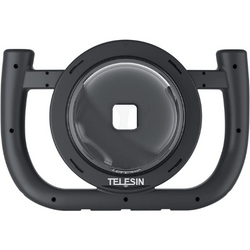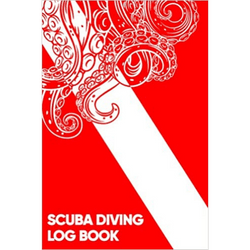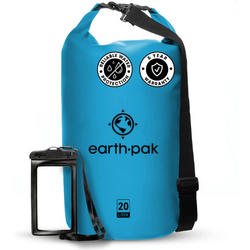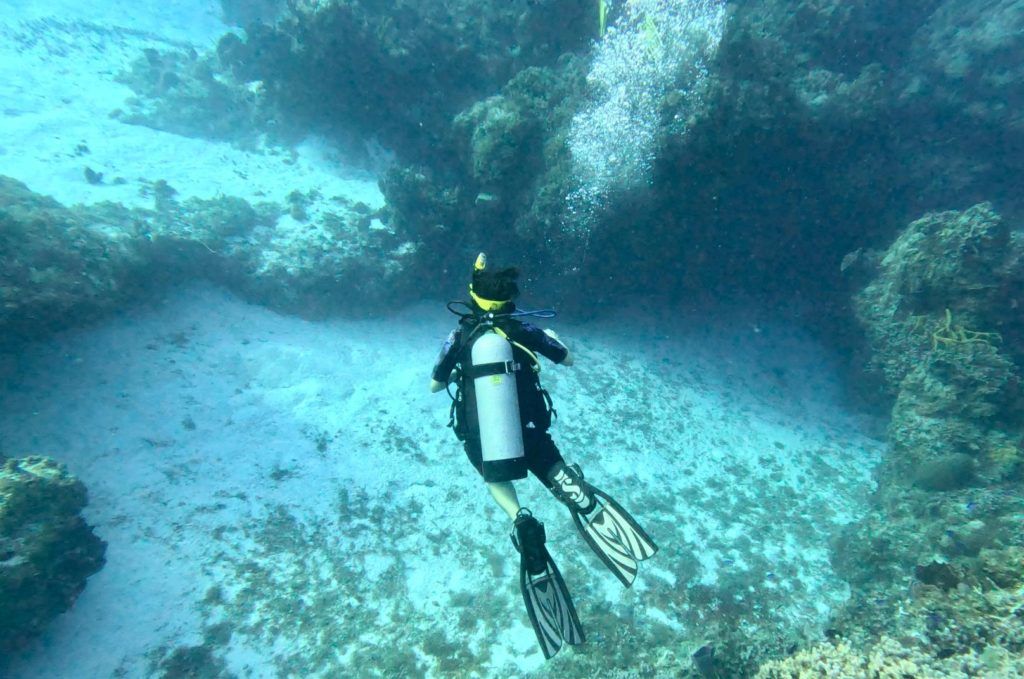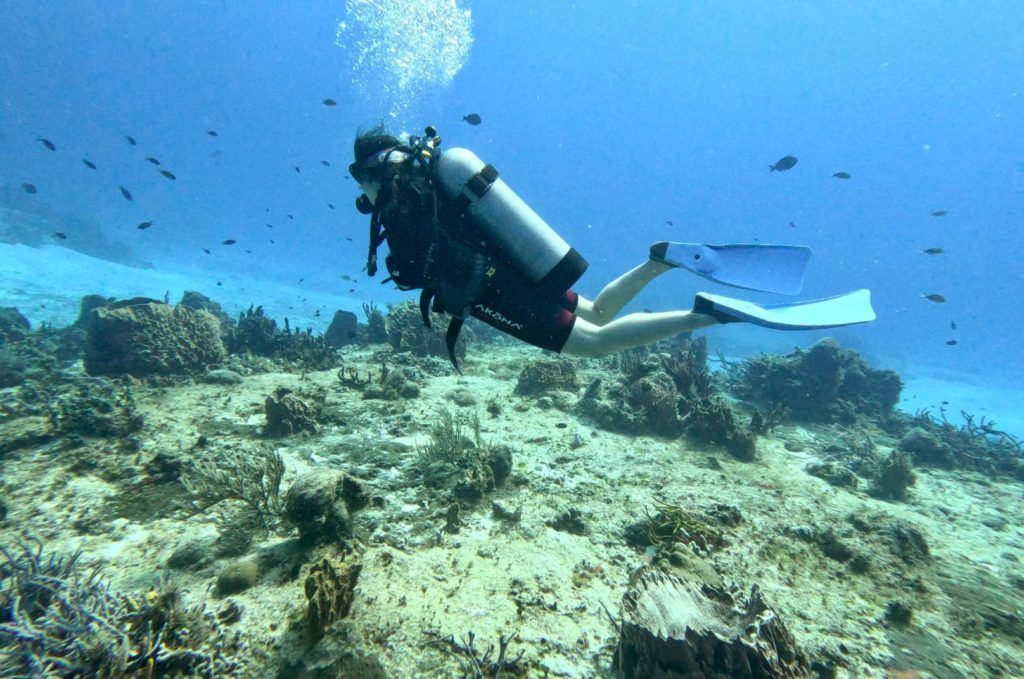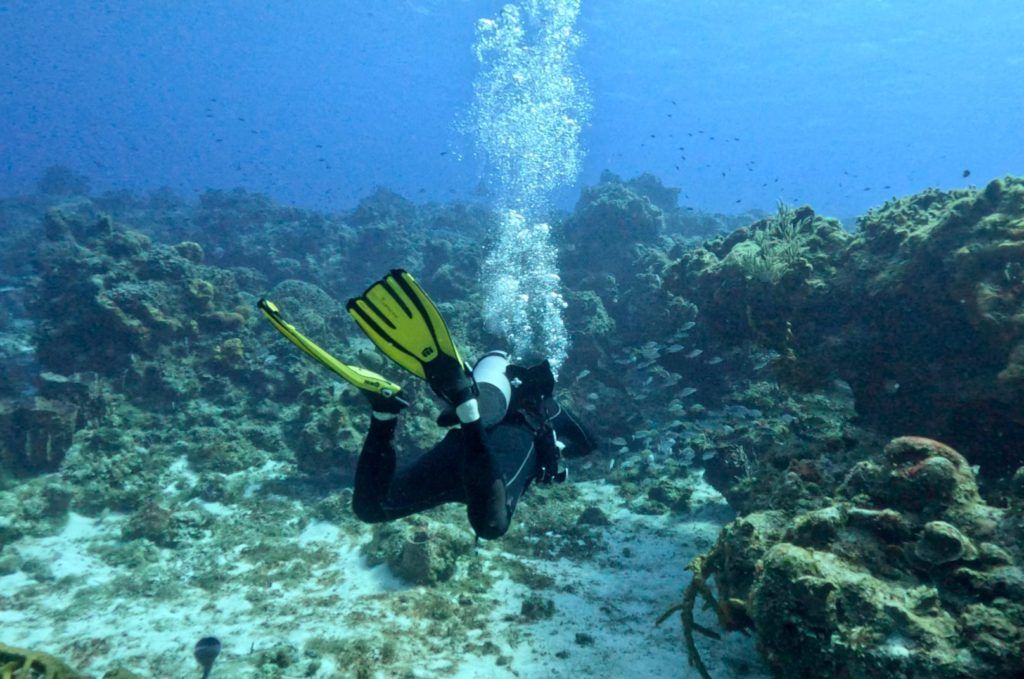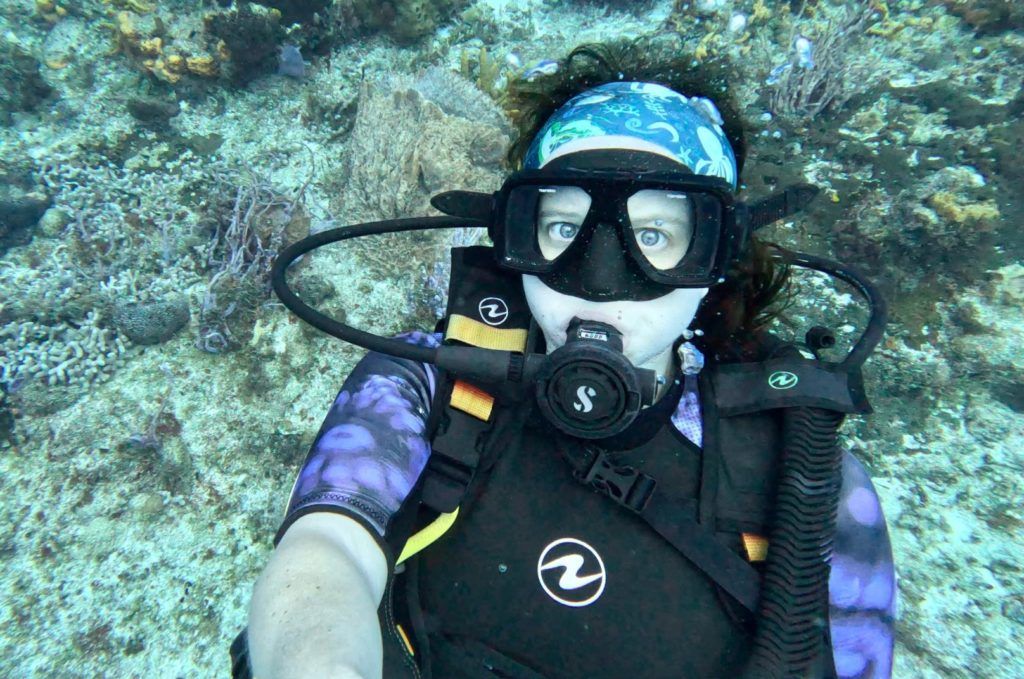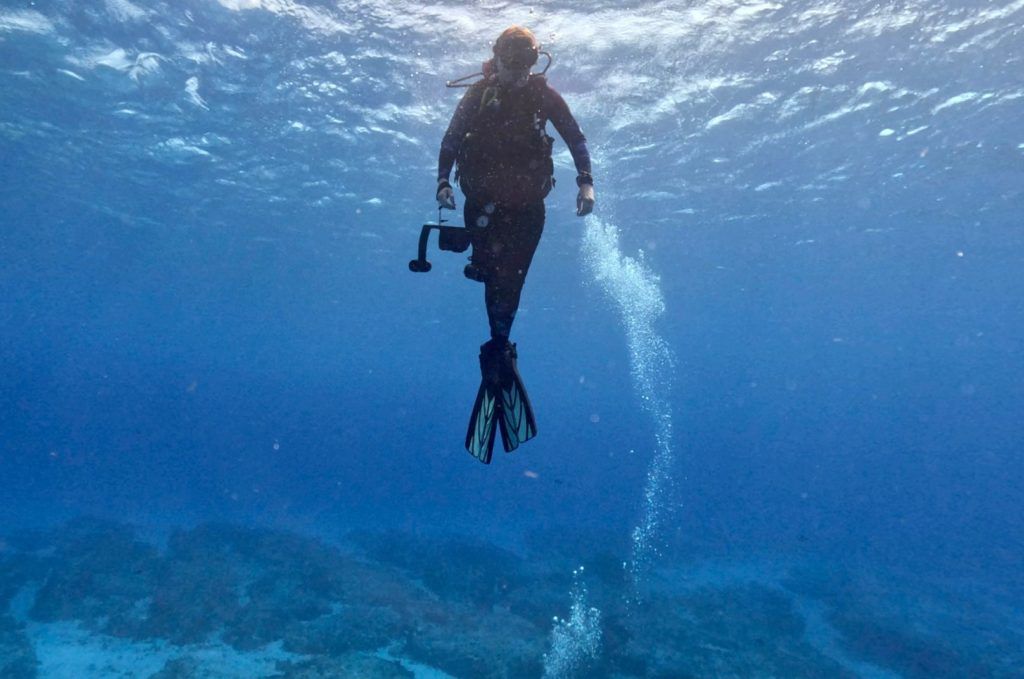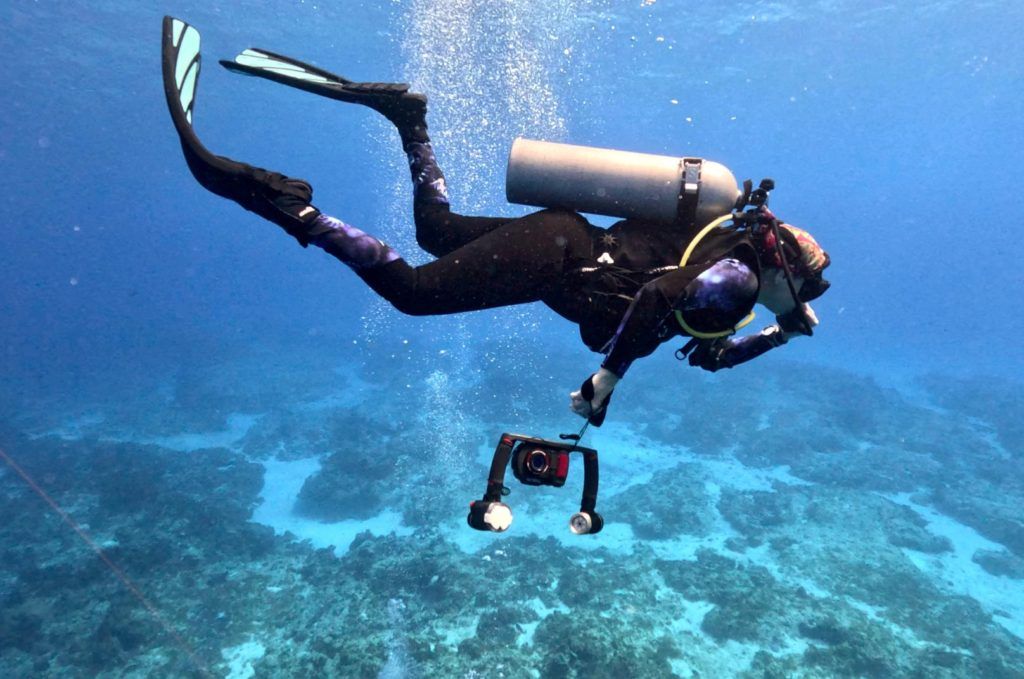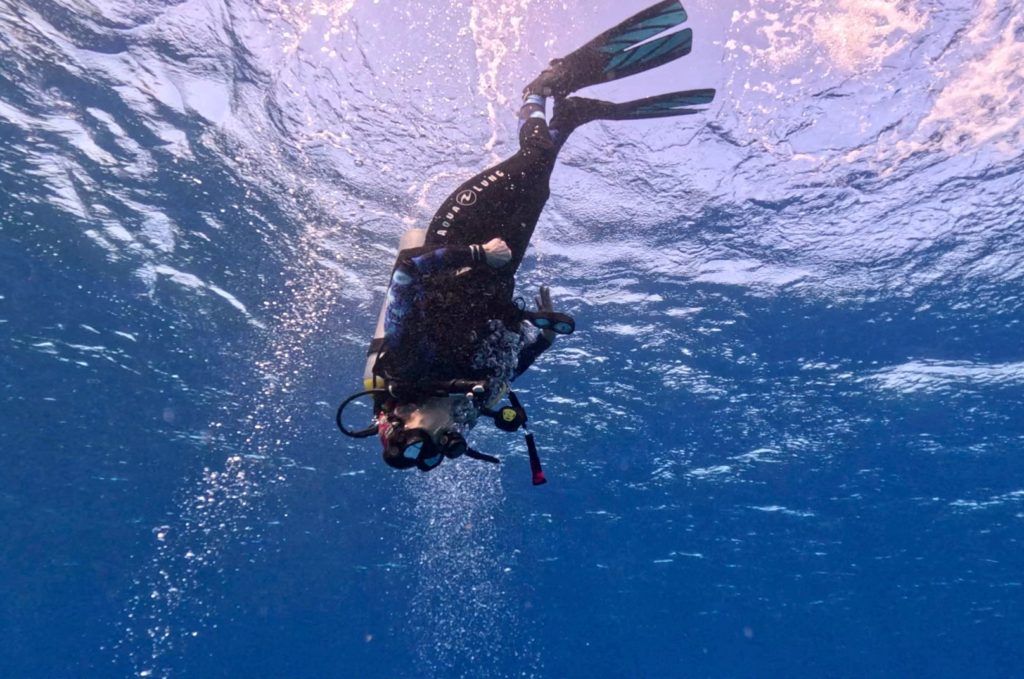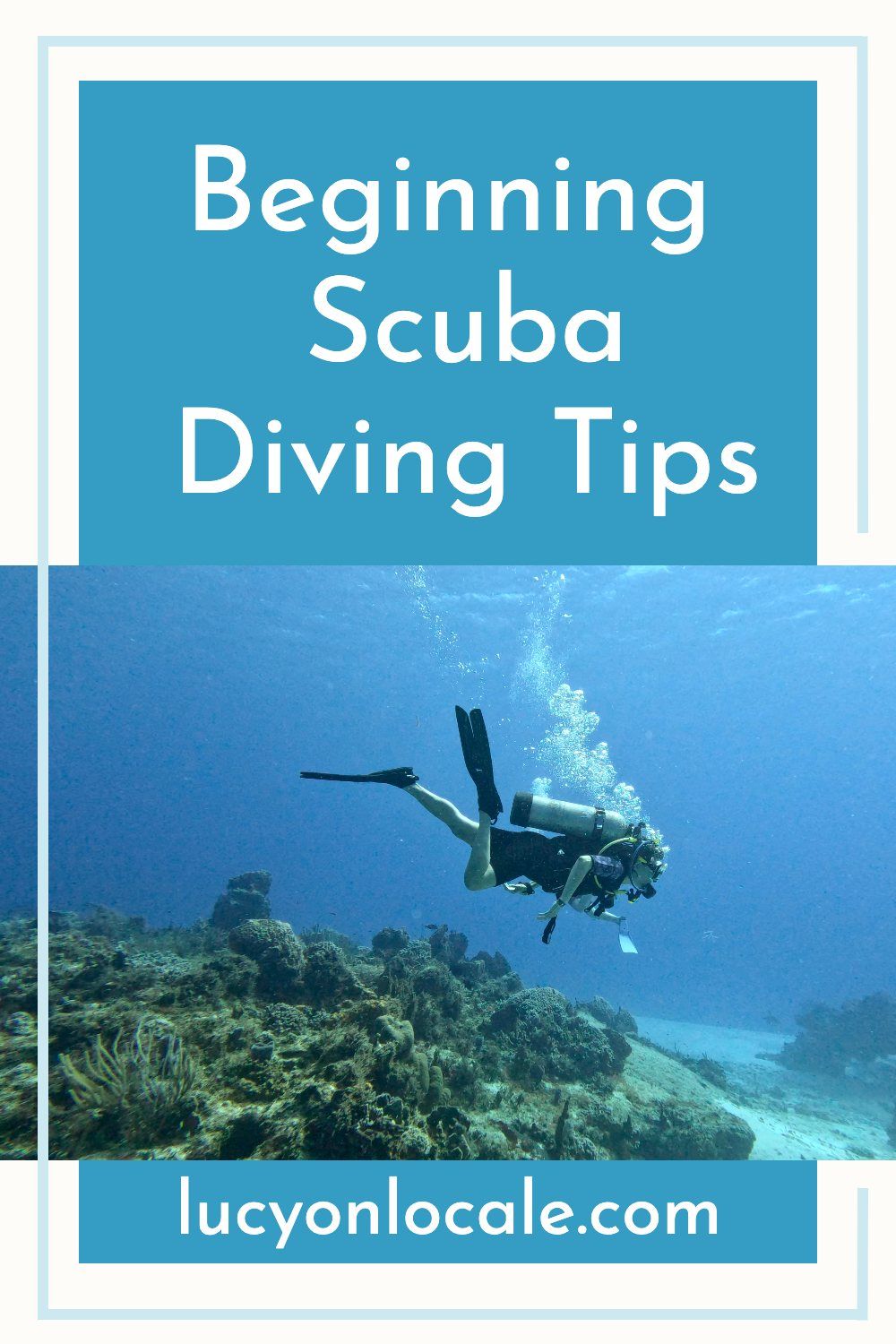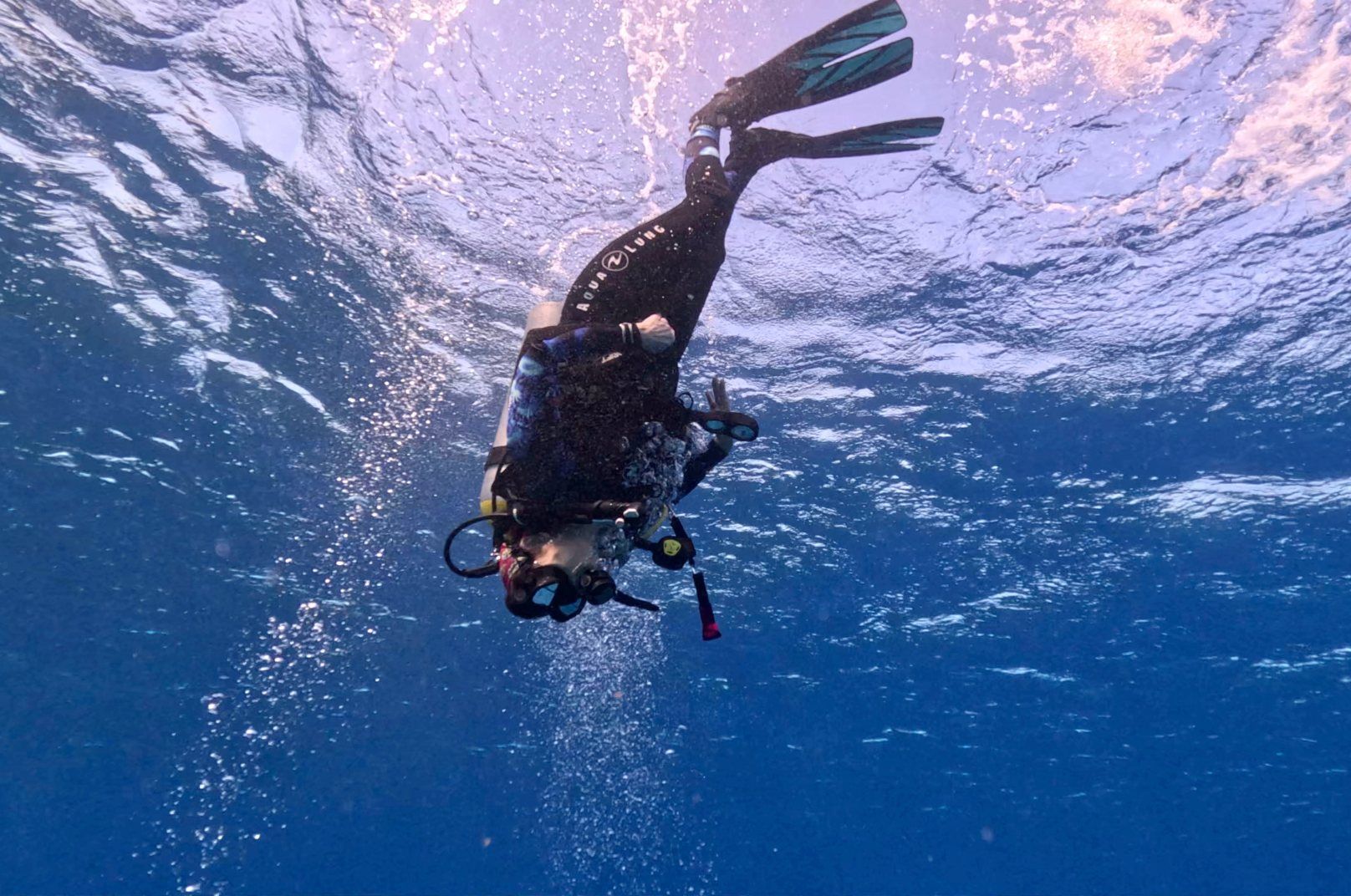
If you’re taking your first plunge into the world of scuba diving, you might feel a little nervous. But don’t worry, these beginning scuba diving tips will help you be safe, comfortable, and ready to have a fantastic dive experience!
The Ultimate Scuba Diving Guide
If you’re already PADI Open Water Certified, these tips will help with the practical components of diving after your course.
For those who aren’t certified yet, check out my guide for getting PADI Open Water Diver Certified after you read this article.
Ready to dive in? Here are the best beginning scuba diving tips!

Don’t Invest in Scuba Gear Right Away
While scuba diving can be a thrilling experience, it’s important to remember that investing in gear right away may not be the best decision. As a beginner, it’s essential to understand your preferences and needs before making any significant purchases.
Renting gear for the first few dives can help determine which equipment works best for you. Once you’ve gained more experience and confidence in your diving abilities, consider investing in your own gear.
This will ensure that you have a comfortable and tailored experience and that you’re making an informed decision about what gear will best suit your needs. Scuba gear can be expensive, and it’s vital to ensure that every purchase is worthwhile. So, rent first, try out different gear, and don’t rush into buying your own equipment.

Do Invest in Camera Gear Right Away
My biggest mistake during my early dives was not investing in a camera to immediately begin documenting my underwater adventures. This is also the most common regret I hear from fellow divers!
So if you don’t already have a GoPro, invest in one. You’ll also want an external housing, tether, filters, and hand grip. These items will let you record your dives from the beginning, and this equipment is relatively small and lightweight, so it won’t be difficult to handle underwater.

Breathe Steady and Slow
Your dive instructor will teach you breathing techniques in the certification course, but it’s a skill that takes a while to master. So during your early dives, form good habits by breathing steadily and slowly.
Being hyper-aware of your breathing helps you stay calm and focused underwater, improves your buoyancy and trim, and helps you conserve air.
On my first few dives, I used up my air much faster than the rest of my group, so I had to surface first. This is common with new divers because you haven’t mastered efficient breathing. Don’t let this discourage you. Use it to motivate yourself to stay down longer on every dive.

Focus on Your Buoyancy Control and Trim
Just like with efficient underwater breathing, good buoyancy control and trim require time and practice. So throughout your first few dives, be acutely aware of your buoyancy and trim.
Forming good dive habits and developing muscle memory as early as possible will help you master your buoyancy control and trim faster. This will help you stay down longer and enjoy your dives more.

What To Do (And Not Do) Before Diving
You’ll need to incorporate these tips into your pre-dive routine.
Do:
-Hydrate by increasing your water intake during the hours leading up to your dive.
-Eat a light meal.
-Self-evaluate how you feel. If you’re not feeling well because of nausea, a stuffy nose, a headache, or something else, you need to cancel your dive.
-Use the bathroom before getting on a dive boat.
-Double-check your equipment. Even if you’ve rented gear from a dive shop and it’s waiting for you on the boat, quickly inventory it for yourself.
-Bring a towel and dry clothes on the boat in case you get cold.
-Arrive early for your dive.
Don’t
-Drink alcohol for at least eight hours before diving.
-Eat a huge meal. Stick with a lighter meal.

What To Do (And Not Do) After Diving
Create a post-dive routine with these tips.
Do:
-Rehydrate by drinking plenty of water or sports drinks to replace lost fluids during the dive.
-Eat protein-rich snacks as soon after the dive as possible.
-Warm yourself with a towel, dry clothes, and a shower.
-Rinse and clean all your camera and scuba gear.
-Record your dive in your log book.
Don’t:
-Drink alcohol for at least eight hours after your dive.
-Fly for at least 12-24 hours after a dive, depending on how many dives you did and if your dives required safety stops.
-Drastically change your altitude for at least 12-24 hours after diving. For example, don’t go on a high-altitude hike right after a dive.

Dive Boat Etiquette
Divers are some of the most inclusive, friendly, and laid-back people I know. But there are some unspoken rules that divers all expect each other to abide by:
-Don’t be late for a dive.
-Only bring essential gear in one dry bag that can be easily stowed.
-Be geared up and ready to go before the boat arrives at the dive site.
-Always be willing to take your dive buddy’s photo.
Another thing new divers need to be aware of is that you should tell your dive master and dive buddy you’re a new diver. Don’t hide your inexperience. Your buddy and dive master won’t hold this against you.
On my first few dives, my divemaster overfilled my air tanks to give me more time underwater. They also checked in with me more frequently underwater, which was very comforting.
My first few dive buddies (who I met at the start of my dive because I was traveling solo) offered to keep a close eye on my trim, buoyancy, and breathing to help me get comfortable underwater.

Take It Slow and Enjoy
Once you’re in the water without an instructor, it’s natural to have an adrenaline rush from excitement, nerves, or both. As a new diver, you’ll want to explore everything all at once. But it’s important to take it slow and easy at first.
Remember to maintain a relaxed and steady breathing pattern as you explore underwater. Take the time to observe the sea life around you, appreciating the colors and movements of the creatures you see. But if you start to drift by something cool, don’t use up half your air fighting to swim back to it. There’s always something else cool to see underwater!
Don’t feel rushed. Your dive buddy will go at your pace, and your dive master won’t let you fall behind. Take your time, relax, and take breaks if you need them.
Diving is a unique and magical experience that shouldn’t be rushed. It should be enjoyed at your own pace.

Shop My Dive Essentials

What would you add to this guide about beginning scuba diving tips? Share with us in the comments!

More Dive Guides

This article about beginning scuba diving tips is not a sponsored post, and the thoughts and opinions expressed in this post about beginning scuba diving tips are entirely my own. Some of the links in this post about beginning scuba diving tips are affiliate links, and at no cost to you, I may earn a small commission from this post about beginning scuba diving tips.
 Destinations
Destinations Packing
Packing Travel Tips
Travel Tips
 Photography
Photography Points & Miles
Points & Miles Credit Cards
Credit Cards